This was the first edition of the Yes Bank International Writers and Readers' Festival (IWRF) in Goa. What was it like for you?
Before I answer, let me tell you of something I came upon in the morning. We were out in a crowded market square where there was a cross installed. Around it were swirling crowds of Hindus and several other faiths going about their daily lives. This melting pot nature has always made Goa very special. It is special that that IWRF is happening here. True, like all first efforts, it had its hiccups but I'm hoping it'll grow to become a movement.
You've written over 50 novels, histories, memoirs, plays and children's books. At 79, how does it feel like to look back?
Its wonderful to be asked this at a time when my first book is celebrating its 50th anniversary. You know, there's a couple of weeks' bewilderment at the end of each novel, and these subjects circle above you and then one alights. It's not a very active process in choosing what you're going to write next. It's almost as if a dazzling coloured bird just lands on your railing and you choose to feed it. If I live to be 100 and don't go cuckoo, I reckon, I wouldn't run out of stories to write. There are awards and recognition that come along, but at the end of the day, one wants to simply tell stories.
Your latest novel Shame and the Captives recounts the escape of Japanese prisoners of war in New South Wales during WWII.
I was a nine-year-old. My father was serving the army in the Middle East and I remember being scared. Asia and more specifically Japan was at a great peril from 1942 onwards. The politicians then wanted to enforce their own racial theory of an all-white Australia.
We didn't know anything about Asia or Japan. On the night of August 5, 1944, more than 1,000 Japanese prisoners of war attempted an escape from the camp near Cowra, expecting to be killed and preferring death to the disgrace of capture. The Australian military guards were unprepared and about 350 prisoners escaped into the bush. It was scary to think of the Japanese soldiers loose in the bush. During the next week, they were all rounded up; 107 were wounded and 231 died, along with four Australian soldiers. Later, as an adult I learnt that the motive of those Japanese POWs who threw themselves in front of trains or committed suicide by hanging were driven by the shame of being caught by the enemy. The Cowra breakout was a big event of my childhood. My aunt lived nearby and she was very scared. She was a very sturdy woman and she slept with an axe, but the proposition behind that was they were coming to get us.
What has the Japanese reaction been like?
The book looks at the whole Cowra episode as a figure of speech for Australia's attitude to Asia both before and after WWII. I just hope I got it culturally right, because I'm not into the cultural offence business though I began with a very primitive, war-induced view of the Japanese. Having said that, I do hope Shame and the Captives could one day be translated into Japanese.
Your iconic Schindler's List, which you self-effacingly insist is not your best, happened by accident?
I was on a book tour in Beverly Hills and my brief case came unhinged. I went out to buy one from a shop owned by one Leopold Pefferberg. There were problems and it was taking a while to swipe my credit card. In hindsight that seems like a great thing. Leopold and I got talking and I found he was a Schindler survivor. He took me to the back of his shop where a lot of memorabilia related to Oskar Schindler, including the list with all the names of survivors, were kept in a cupboard in the repair room. Hooked, I later visited other archives in Jerusalem and Munich and met other survivors to research the book with Paul Deck.
You also wanted to act in the movie Schindler's List.
Yes. I've played parts like a lecherous cook and the man, who sleeps with the main character's wife, in other films. Here was a film that really appealed to my sensibility and I wanted to play Rabbi Menasha Lewartow and suggested as much to the casting director Lucky Englander but never heard from him. The part was eventually played by Erza Dagan.
What was it like to work with (director) Steven Spielberg?
I understood that there can be no room for nuanced stuff in a movie. Not many writers have stood outside studios with a sing saying — 'He's violated my dream.' (chuckles) I guess when you're offered good money, you might say, 'I can make the novelist in me behave."
On a more serious note, Spielberg is very generous and consultative with his work. In a way I'm glad he'd been told you can't win an Oscar with furry animals. You have to tell powerful human stories for an Academy award (laughs). Something like an Oscar for Oskar. I remember how the studio bosses rolled their eyes, shook their heads and squirmed when Spielberg first announced that he wanted to make the film in black and white, inspired by the newsreels of yore. And yet, today, one can't think of any other way the film would have worked at all.
Does it strike you as odd, that the Israeli state established by those who fled cruelty, persecution and annihilation chooses to do the same with Palestinians in Gaza?
Sadly for us, it's the wisdom of the world and a lot of governments would do exactly what Netanyahu has done. But in the process, he's not done much for abiding peace. Certainly the Holocaust doesn't justify what Israel's doing. Perhaps without intending to, by killing Palestinian civilians, its ending up helping recruitments for the 'enemy.' Palestinians who feel they've no hope for peace and respect from Israel may want to join the other side. I know rockets are landing on Israeli territory, but the retribution is absolutely disproportionate as the ruin of Gaza and the death of so many people shows. Its just not justifiable.
Instead of saying — We nearly obliterated you, so don't obliterate the Palestinians — the West needs to keep reinforcing that Israel needs to be a just state and how Palestinians have as much a right to be there without being encircled by Israeli settlements.
Why are so many of your works inspired by 20th-century wars?
One's own moral fibre casts up as a question when it comes to war. In the 19th century, how would one behave racially? I've written a lot about the clash between Aboriginals and settlers, which was like the clash between Native Americans and the settlers—except Aboriginals never had access to rifles, so they were even more disadvantaged. I often wonder how I'd behave in the 19th century — as a land-starved Irishman riding into these illimitable pastures that no one is going to stop me from occupying It's the sort of question I can't help teasing away at. I've come to realise that literature can be an epiphany without which life'd be barbarous.
Is your pacificism a throwback to the years you spent at Patrick's Seminary studying to be a priest?
It could be. Before becoming a teacher, law student and then a writer, I studied to be a priest for a while but I had trouble believing in the concept of the Virgin Mother. I found that the church rarely practised what it preached about being compassionate. It was a very legalistic organisation and so I became disenchanted. In the end, given how much faith I'd left in the institution, to save myself from going completely mad, I had to leave. By the way, I don't know how much credit I should give 'the priest factory' for my politics, considering the d******* Tony Abbot studied there as well (cackles).
You've said you toyed with the idea of a book on Subhash Chandra Bose.
I was fascinated to find the airport named after him. Bose had, at least from the British point of view I imbued, chosen a worse bed-mate than India already had. In fact, offended with Japanese militarism, Gandhi once said that Bose was dumping one imperial master for a more sinister one. Also its wonderful to have mystery in fiction. Given the number of questions about his death, one could probably write 2-3 endings to his life and ask readers to compare.
Many call this the best times for Indian writers in English. Do you follow any of their work?
Anita Desai and Rohinton Mistry, who are exceptionally fine writers, come to mind. Also (Bhabani) Bhattacharya who wrote He Who Rides A Tiger which I hope did very well in India. I was absolutely enchanted with Rushdie's Midnight's Children which was some really serious work of imagination. As for Seth, like some other English writers emerging from China, his work is quite exotic and fascinating.
What are you working on now?
My novel inspired by an exhibition in Melbourne of Napoleon's relics owned by the Balcombe family — is getting wrapped up. It which should be out next year. The Balcombes were neighbours to the exiled emperor on the British island of St Helena before coming to Australia. The story focuses on the playful and fraught relationship between Napoleon and the teenage Betsy Balcombe, which was probably not sexual.
Interesting conversations broke out everywhere at the Yes Bank International Writers and Readers' Festival in Goa's capital, Panjim, over the weekend. Some snatches:
"Why should children grow up thinking all happy stories happen out of London, New York or Los Angeles and not Kolkata or Chennai? This is nothing short of colonisation of young readers' minds. Why should economic hegemonies be allowed to push themselves into the literary tradition?"
- Author of Children of the Wind series Kirsty Murray on children in former colonies being forced to read Western classics over stories set in their own milieu.
"Even in journalism, women are largely seen as more useful on the desk than in reporting. Even if they are allowed to report, it rarely goes beyond the stereotype of what women should report on. When I did a political piece, it was kept aside saying, "Readers won't believe a woman has written this."
— KR Meera, one of the most powerful voices in contemporary Malayalam writing, speaking at a session on 'The individual and the institution: Restoring faith in the political process'.
"Writers stay monogamous because they can't afford a divorce and I'm not saying this because my wife is sitting right here."
—Christophe Kloebe, author of Mostly Everything Very Fast, on being asked whether women find writers more attractive.
p_yogesh@dnaindia.net, @powerofyogesh
![submenu-img]() Maa Kali teaser: Raima Sen, Abhishek Singh film narrates 'horrifying' Direct Action Day during British Raj Bengal
Maa Kali teaser: Raima Sen, Abhishek Singh film narrates 'horrifying' Direct Action Day during British Raj Bengal ![submenu-img]() Watch: Rohit Sharma, Virat Kohli lift T20 World Cup trophy together during Team India's victory parade in Mumbai
Watch: Rohit Sharma, Virat Kohli lift T20 World Cup trophy together during Team India's victory parade in Mumbai![submenu-img]() Meet Indian genius, who worked on NASA's Rs 73700 crore project, married to a scientist, she is...
Meet Indian genius, who worked on NASA's Rs 73700 crore project, married to a scientist, she is...![submenu-img]() Watch: Fan climbs tree to watch Team India's victory parade up close, video goes viral
Watch: Fan climbs tree to watch Team India's victory parade up close, video goes viral![submenu-img]() Hathras stampede: Congress MP Rahul Gandhi to meet victims of incident tomorrow
Hathras stampede: Congress MP Rahul Gandhi to meet victims of incident tomorrow![submenu-img]() Meet Indian genius, who worked on NASA's Rs 73700 crore project, married to a scientist, she is...
Meet Indian genius, who worked on NASA's Rs 73700 crore project, married to a scientist, she is...![submenu-img]() Meet woman, civil servant for 30 years, now becomes first female chief secretary of...
Meet woman, civil servant for 30 years, now becomes first female chief secretary of...![submenu-img]() Meet Indian genius, a celebrated physicist, who was denied Nobel Prize in 2005, converted to Hinduism because..
Meet Indian genius, a celebrated physicist, who was denied Nobel Prize in 2005, converted to Hinduism because..![submenu-img]() Meet Indian genius who passed classes 8-12 in 9 months, became one of India's youngest engineer at 15, joined IIT for...
Meet Indian genius who passed classes 8-12 in 9 months, became one of India's youngest engineer at 15, joined IIT for...![submenu-img]() Meet Indian genius, who began career as assistant, later led key NASA mission, works as...
Meet Indian genius, who began career as assistant, later led key NASA mission, works as...![submenu-img]() Godman Bhole Baba's Lawyers Deny ‘Charan Raj’ Claim, Says Anti-Social Elements Behind Stampede
Godman Bhole Baba's Lawyers Deny ‘Charan Raj’ Claim, Says Anti-Social Elements Behind Stampede![submenu-img]() Meet Rishi Shah, The Indian-American Sentenced To 7.5 Years In Prison For $1 Billion Fraud Scheme
Meet Rishi Shah, The Indian-American Sentenced To 7.5 Years In Prison For $1 Billion Fraud Scheme![submenu-img]() Severe Turbulence On Spanish Flight Injures 30, Video Of Man Thrown Into Overhead Bin Goes Viral
Severe Turbulence On Spanish Flight Injures 30, Video Of Man Thrown Into Overhead Bin Goes Viral![submenu-img]() Haryana: Goods Train To Amritsar Derailed In Karnal, Containers Fall Off, Rail Traffic Disrupted
Haryana: Goods Train To Amritsar Derailed In Karnal, Containers Fall Off, Rail Traffic Disrupted![submenu-img]() 'Played With Religious Sentiments': Chirag Paswan Slams Rahul Gandhi Over His Remarks In Parliament
'Played With Religious Sentiments': Chirag Paswan Slams Rahul Gandhi Over His Remarks In Parliament![submenu-img]() DNA Verified: Did Kangana Ranaut party with gangster Abu Salem? Actress reveals who's with her in viral photo
DNA Verified: Did Kangana Ranaut party with gangster Abu Salem? Actress reveals who's with her in viral photo![submenu-img]() DNA Verified: New Delhi Railway Station to be closed for 4 years? Know the truth here
DNA Verified: New Delhi Railway Station to be closed for 4 years? Know the truth here![submenu-img]() DNA Verified: Did RSS chief Mohan Bhagwat praise Congress during Lok Sabha Elections 2024? Know the truth here
DNA Verified: Did RSS chief Mohan Bhagwat praise Congress during Lok Sabha Elections 2024? Know the truth here![submenu-img]() DNA Verified: Is CAA an anti-Muslim law? Centre terms news report as 'misleading'
DNA Verified: Is CAA an anti-Muslim law? Centre terms news report as 'misleading'![submenu-img]() DNA Verified: Lok Sabha Elections 2024 to be held on April 19? Know truth behind viral message
DNA Verified: Lok Sabha Elections 2024 to be held on April 19? Know truth behind viral message![submenu-img]() 5 warm moments Ranveer Singh shared with fans that show why he is their favourite
5 warm moments Ranveer Singh shared with fans that show why he is their favourite![submenu-img]() In pics: Richa Chadha cheers for Ali Fazal, Isha Talwar, Vijay Varma, Shweta Tripathi pose at Mirzapur 3 screening
In pics: Richa Chadha cheers for Ali Fazal, Isha Talwar, Vijay Varma, Shweta Tripathi pose at Mirzapur 3 screening![submenu-img]() Meet Mickey Dhamejani, Jr Hrithik Roshan from Krrish, former child actor who quit films, is now...
Meet Mickey Dhamejani, Jr Hrithik Roshan from Krrish, former child actor who quit films, is now...![submenu-img]() In pics: India beat South Africa by 7 runs to lift second T20 World Cup title
In pics: India beat South Africa by 7 runs to lift second T20 World Cup title![submenu-img]() Alia Bhatt mesmerises in gown, Ranbir Kapoor looks classy in tuxedo in latest romantic photos, fans say 'couple goals'
Alia Bhatt mesmerises in gown, Ranbir Kapoor looks classy in tuxedo in latest romantic photos, fans say 'couple goals'![submenu-img]() Hathras stampede: Congress MP Rahul Gandhi to meet victims of incident tomorrow
Hathras stampede: Congress MP Rahul Gandhi to meet victims of incident tomorrow![submenu-img]() Hathras stampede: Six sevadars including two women arrested by UP police, key accused still on run
Hathras stampede: Six sevadars including two women arrested by UP police, key accused still on run![submenu-img]() CST Advanced Systems revolutionizes tactical Operations
CST Advanced Systems revolutionizes tactical Operations![submenu-img]() 'We would all be...: ISRO chief issues eerie warning for humans and it's related to..
'We would all be...: ISRO chief issues eerie warning for humans and it's related to..![submenu-img]() This Pakistani leader was LK Advani's good friend, they both used to share letters in...
This Pakistani leader was LK Advani's good friend, they both used to share letters in...![submenu-img]() Lok Sabha Speaker's Election: What does the Constitution say?
Lok Sabha Speaker's Election: What does the Constitution say?![submenu-img]() Explained: Why is Kerala demanding to change its name to Keralam?
Explained: Why is Kerala demanding to change its name to Keralam?![submenu-img]() DNA Explainer: What is Kafala system that is prevalent in gulf countries? Why is it considered extremely brutal?
DNA Explainer: What is Kafala system that is prevalent in gulf countries? Why is it considered extremely brutal? ![submenu-img]() Lok Sabha Elections 2024: What are exit polls? When and how are they conducted?
Lok Sabha Elections 2024: What are exit polls? When and how are they conducted?![submenu-img]() DNA Explainer: Why was Iranian president Ebrahim Raisi seen as possible successor to Ayatollah Khamenei?
DNA Explainer: Why was Iranian president Ebrahim Raisi seen as possible successor to Ayatollah Khamenei?![submenu-img]() Maa Kali teaser: Raima Sen, Abhishek Singh film narrates 'horrifying' Direct Action Day during British Raj Bengal
Maa Kali teaser: Raima Sen, Abhishek Singh film narrates 'horrifying' Direct Action Day during British Raj Bengal ![submenu-img]() Kalki 2898 AD director Nag Ashwin reacts to audience reaction, reveals major details about Part Two: 'We shot about...'
Kalki 2898 AD director Nag Ashwin reacts to audience reaction, reveals major details about Part Two: 'We shot about...'![submenu-img]() This TV star to join Bigg Boss OTT 3 as wild card entry; it's not Shehzada Dhami, Bristi Samaddar, Rakhi Sawant
This TV star to join Bigg Boss OTT 3 as wild card entry; it's not Shehzada Dhami, Bristi Samaddar, Rakhi Sawant![submenu-img]() Auron Mein Kahan Dum Tha getting postponed is 'tough but good decision', exhibitors say 'we all know Munjya, Kalki...'
Auron Mein Kahan Dum Tha getting postponed is 'tough but good decision', exhibitors say 'we all know Munjya, Kalki...'![submenu-img]() Tahira Kashyap says husband Ayushmann Khurrana 'was not happy' with her books: 'He considers it blasphemous' | Exclusive
Tahira Kashyap says husband Ayushmann Khurrana 'was not happy' with her books: 'He considers it blasphemous' | Exclusive![submenu-img]() Mukesh Ambani's bahu Radhika Merchant dazzles in Durga shloka-inscribed lehenga for her 'mameru' ceremony, pics go viral
Mukesh Ambani's bahu Radhika Merchant dazzles in Durga shloka-inscribed lehenga for her 'mameru' ceremony, pics go viral![submenu-img]() Virat Kohli meets brother Vikas, family at Delhi hotel after returning from Barbados, see pics
Virat Kohli meets brother Vikas, family at Delhi hotel after returning from Barbados, see pics![submenu-img]() Viral video: AIIMS doctor grooves to ‘Tip Tip Barsa Paani’, sets internet on fire; watch
Viral video: AIIMS doctor grooves to ‘Tip Tip Barsa Paani’, sets internet on fire; watch![submenu-img]() Inside details of functions organised by Mukesh Ambani, Nita Ambani for Anant Ambani, Radhika Merchant's grand wedding
Inside details of functions organised by Mukesh Ambani, Nita Ambani for Anant Ambani, Radhika Merchant's grand wedding![submenu-img]() Mukesh Ambani, Nita Ambani's daughter Isha Ambani owns diamonds worth crores but her most prized jewellery is..
Mukesh Ambani, Nita Ambani's daughter Isha Ambani owns diamonds worth crores but her most prized jewellery is..
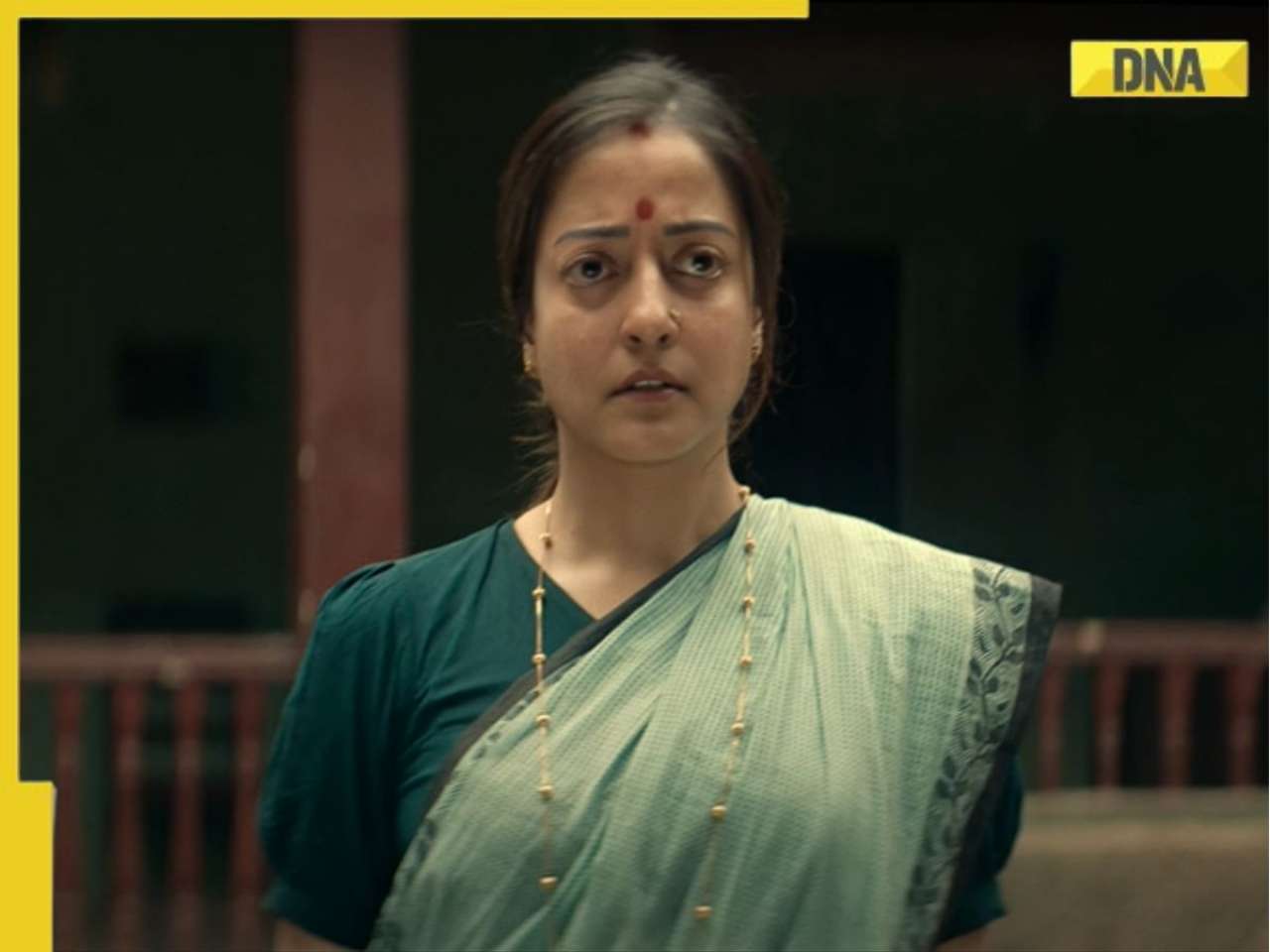

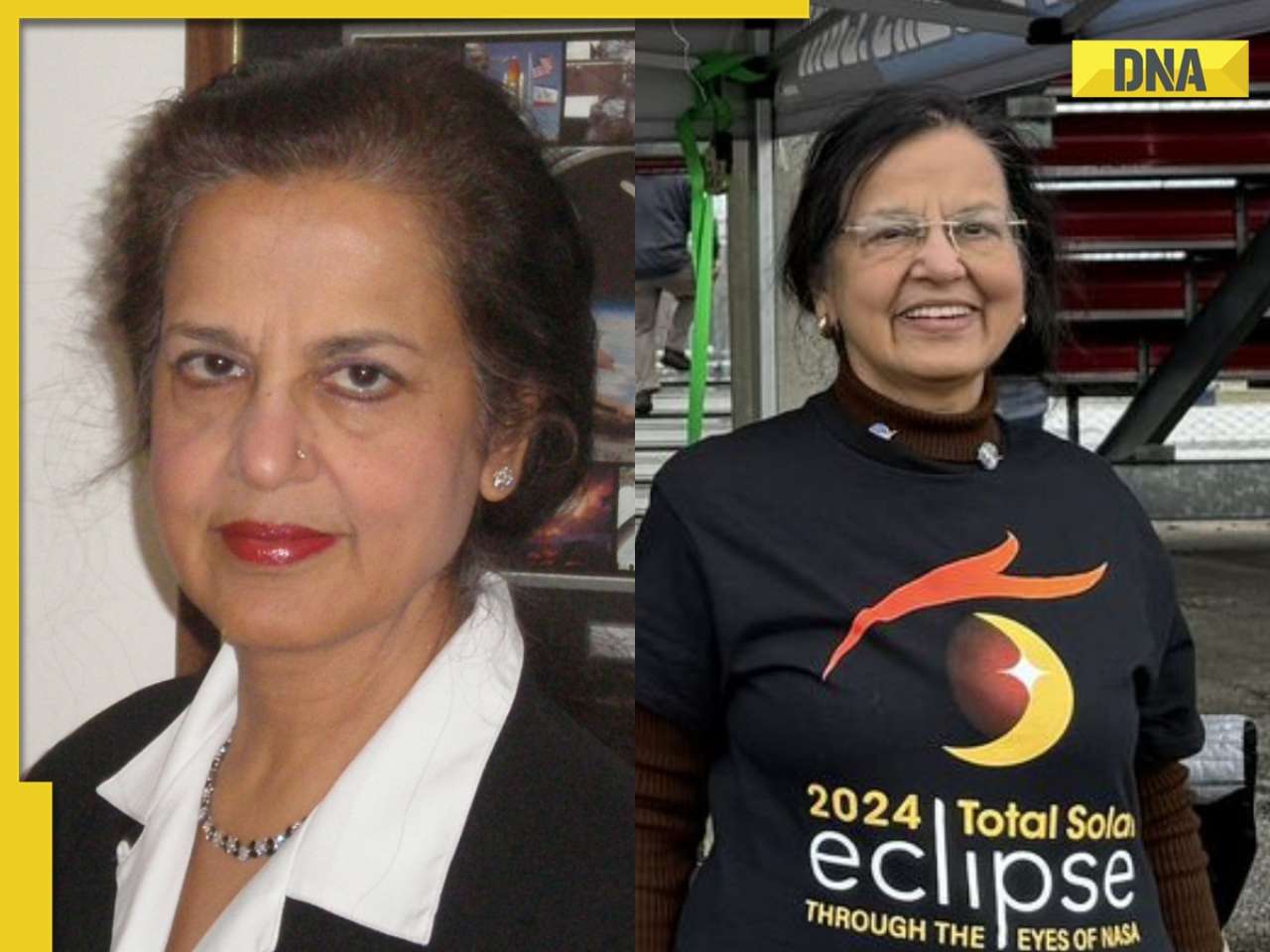
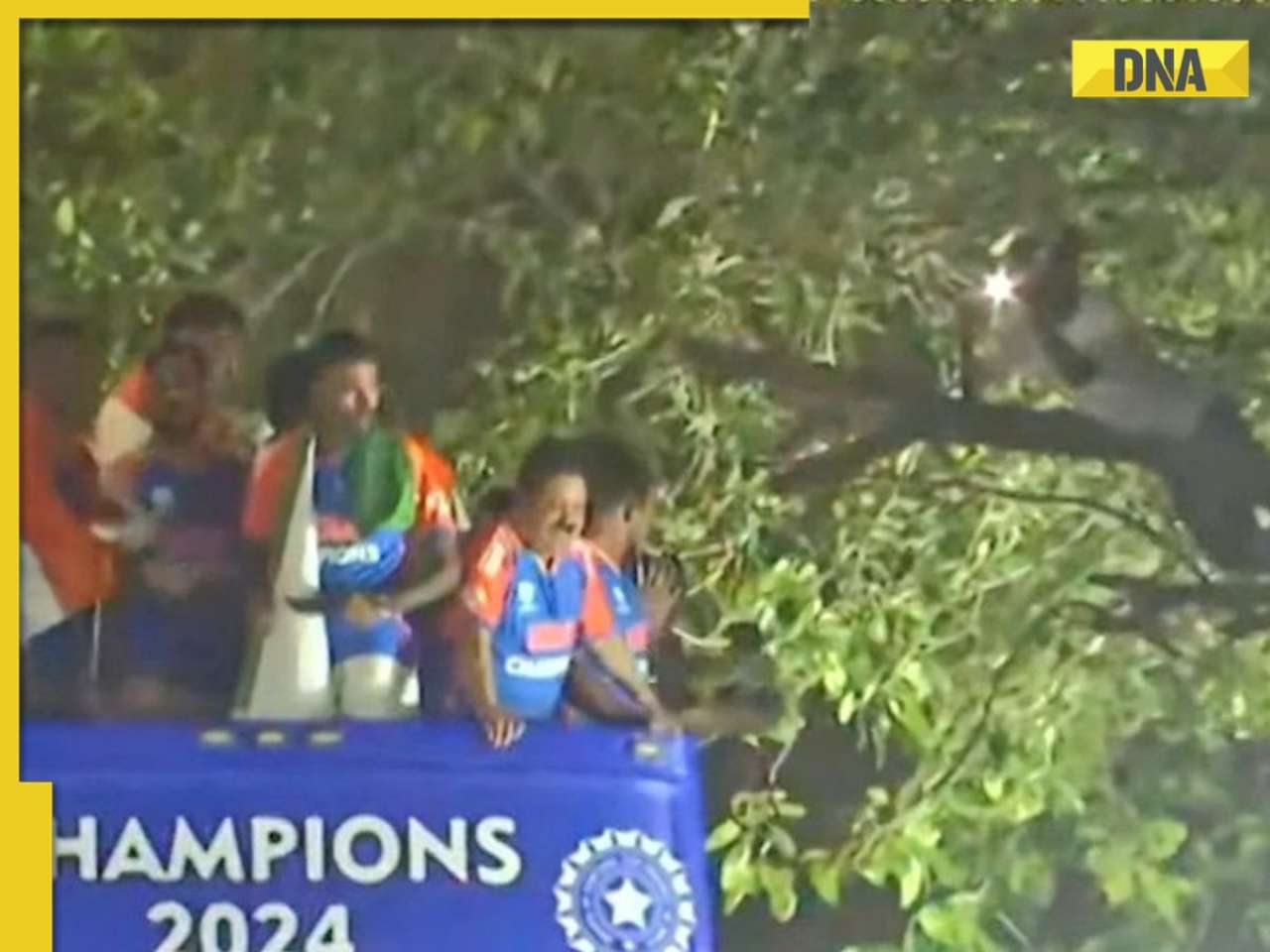
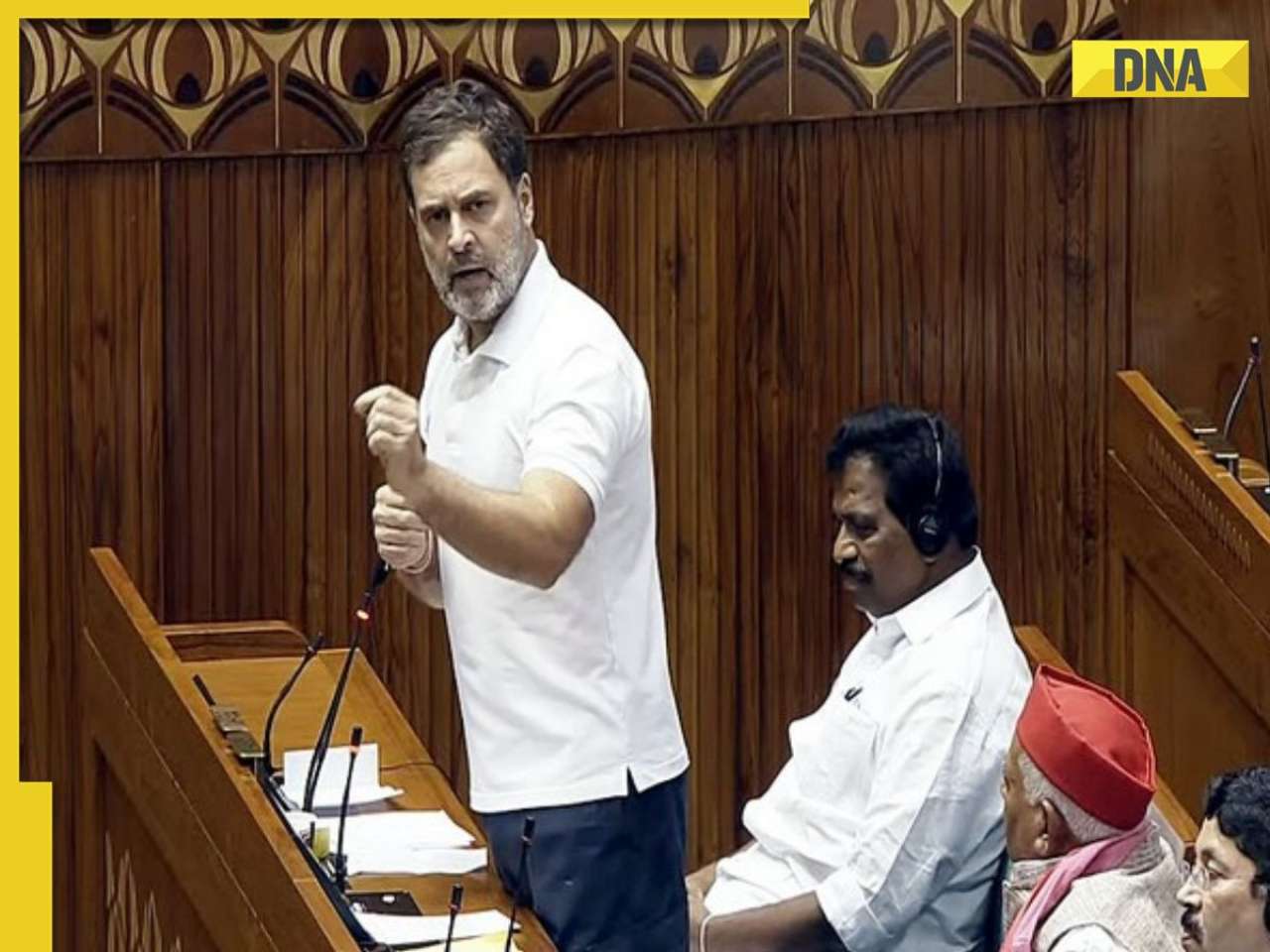





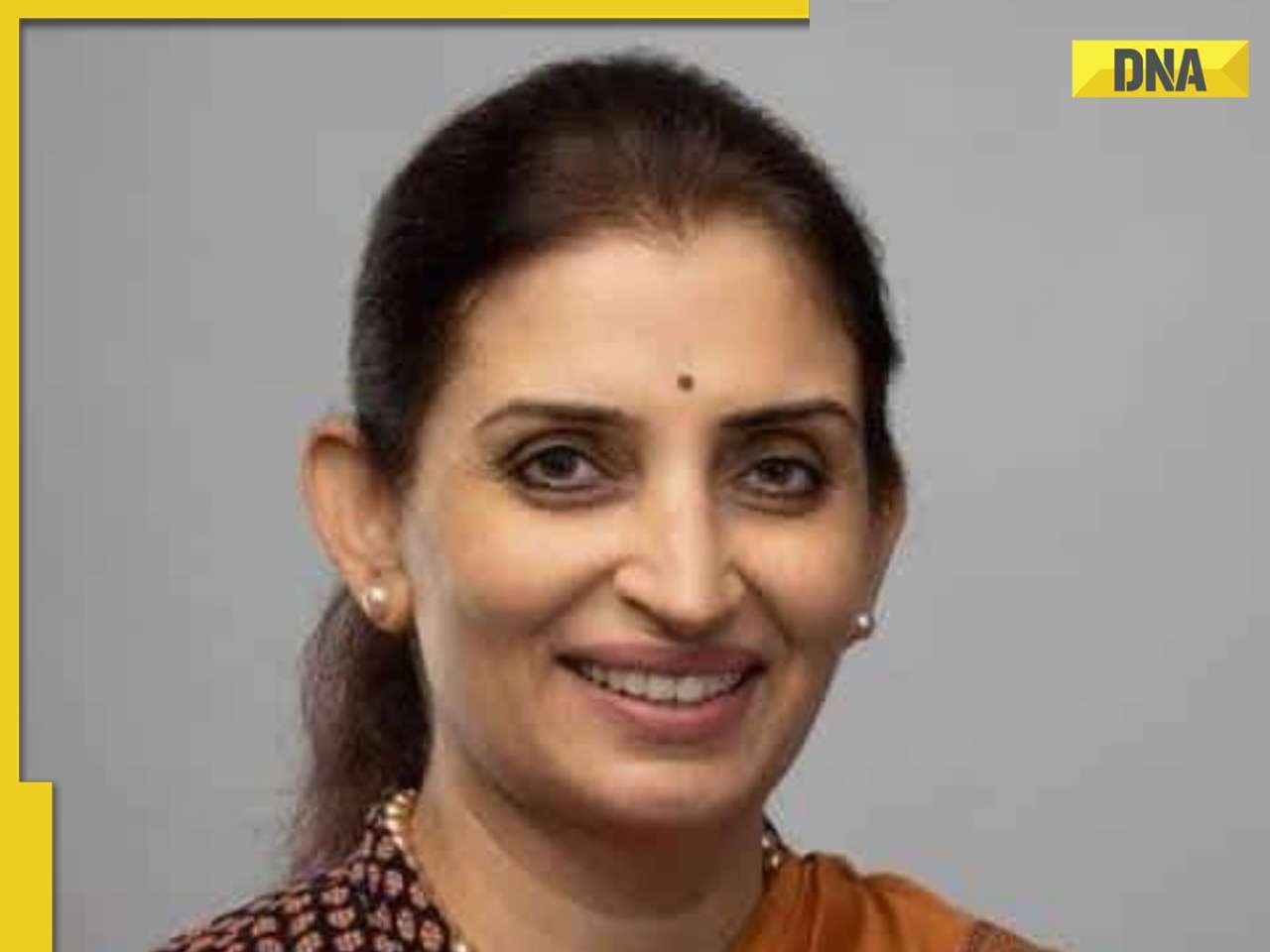
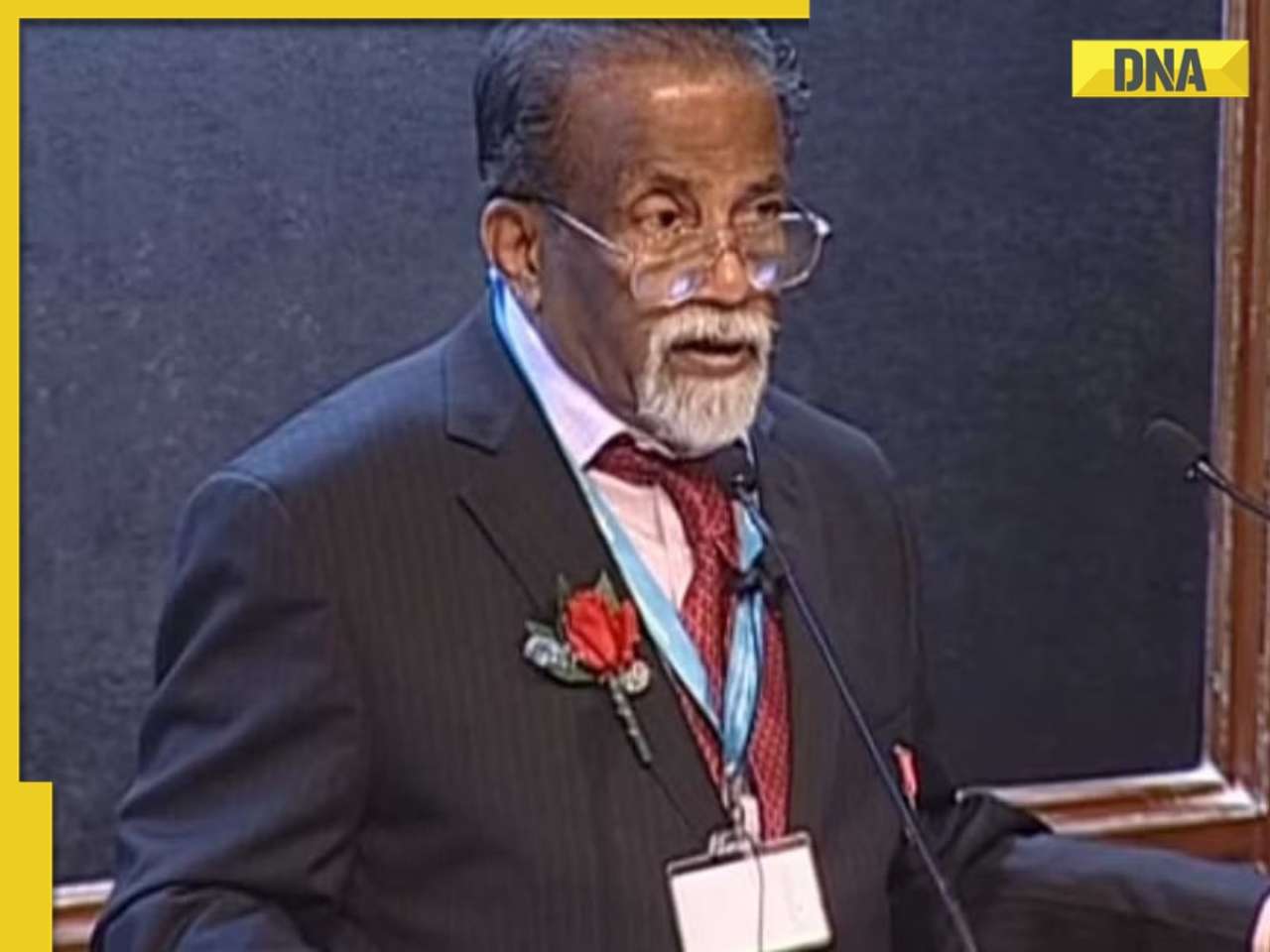
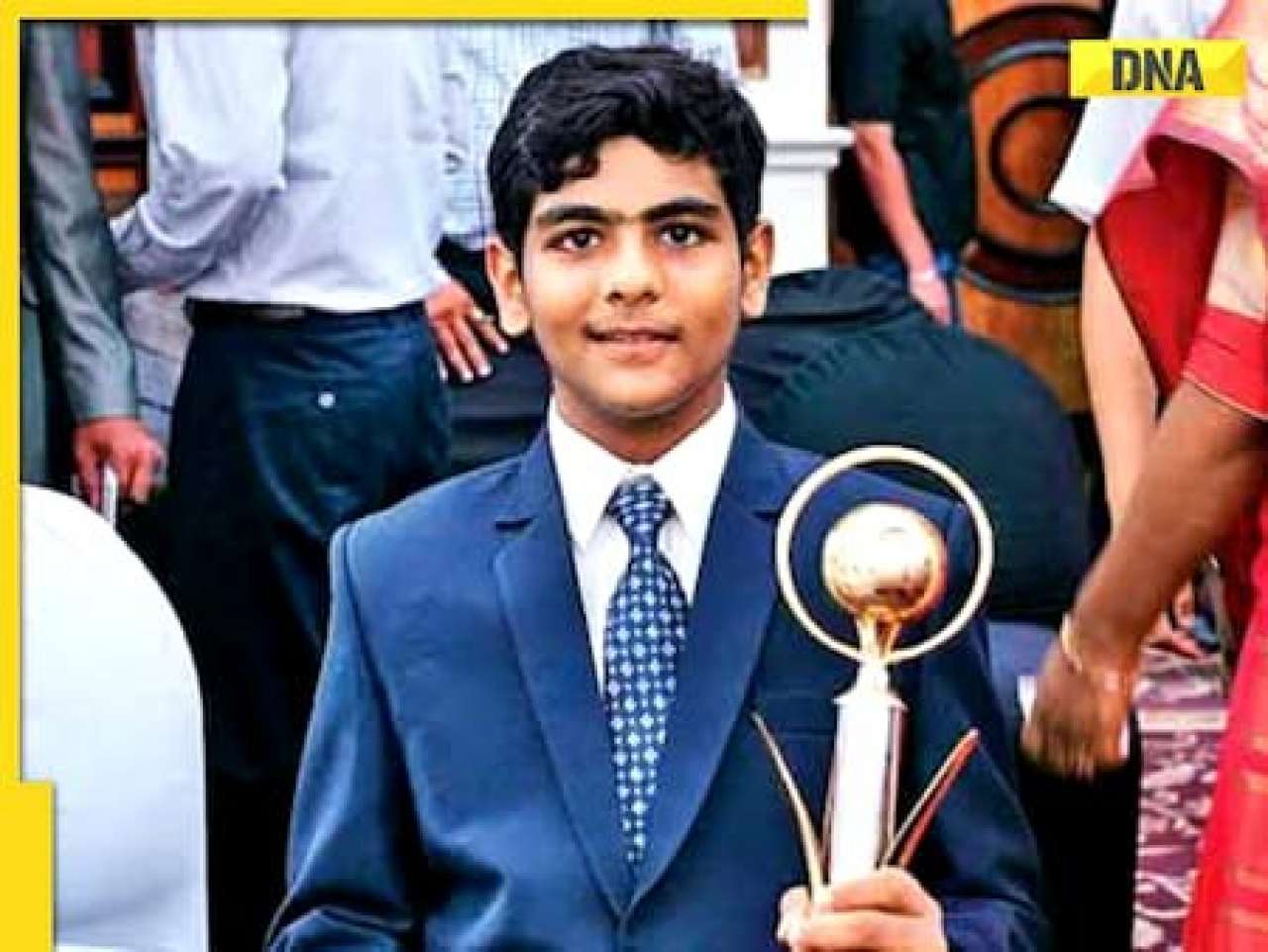













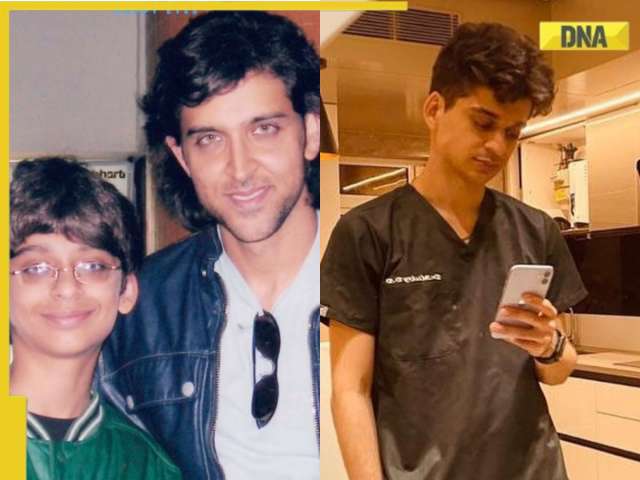
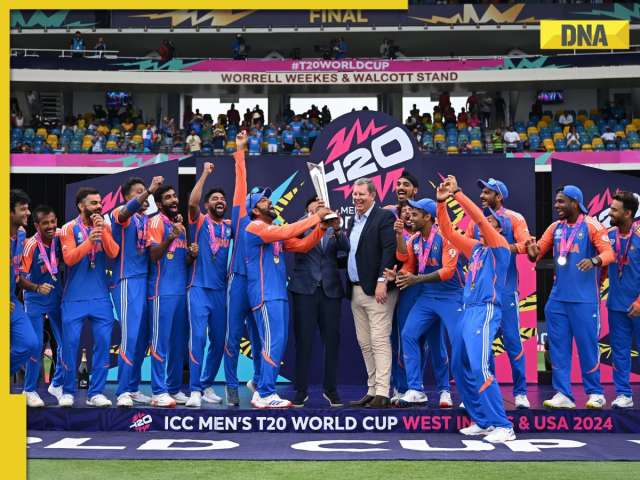
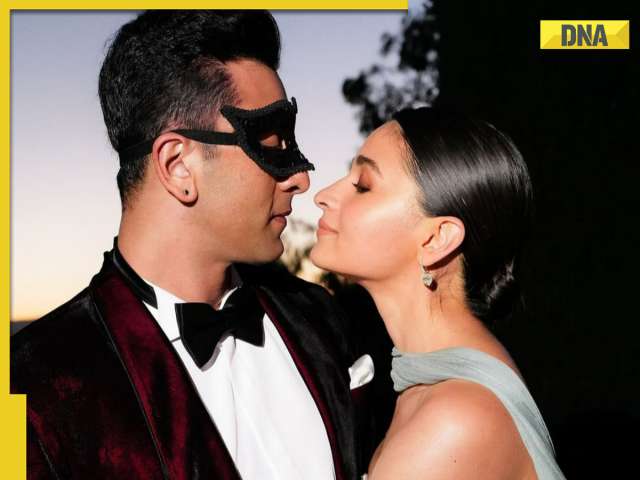
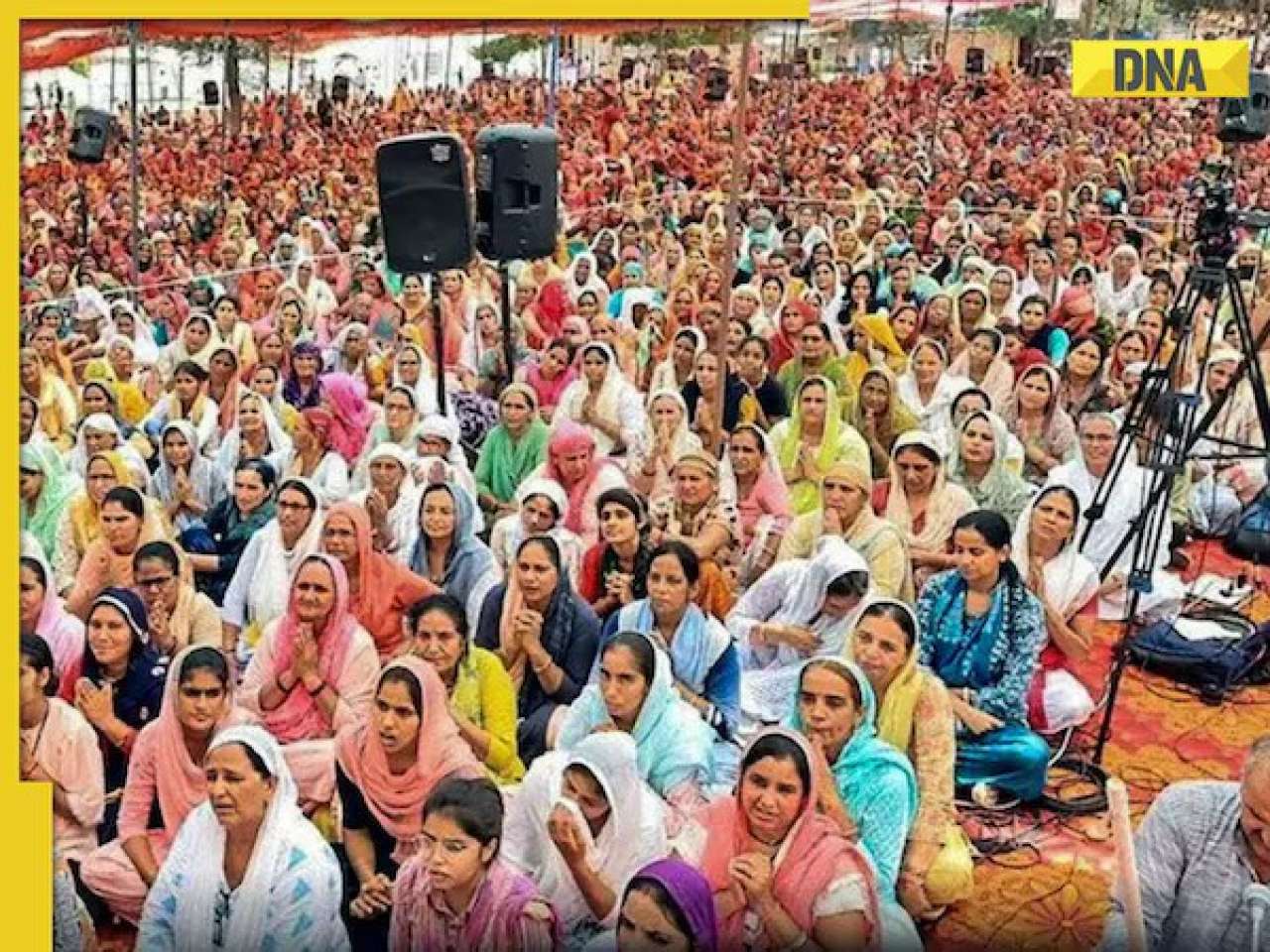

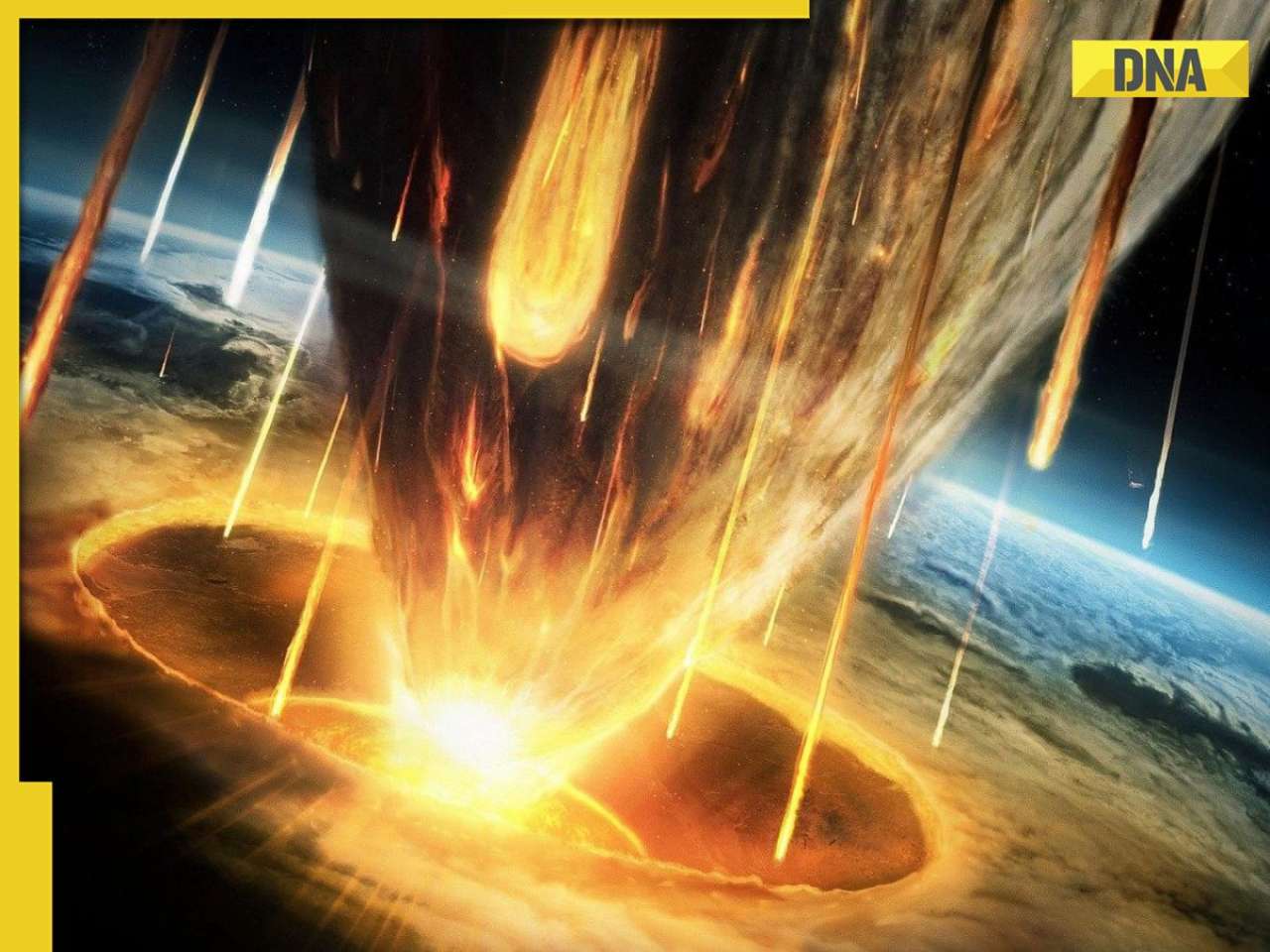
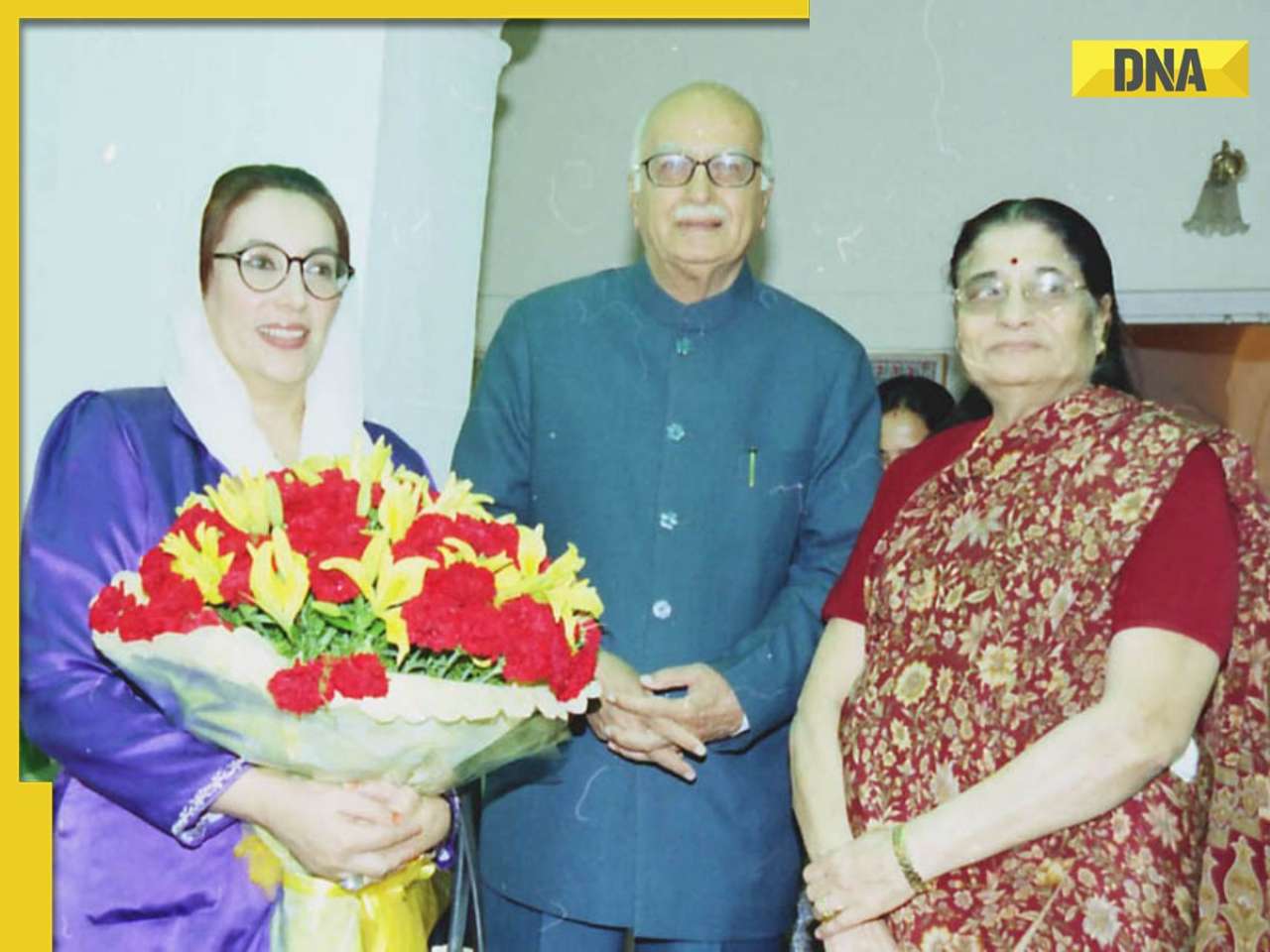
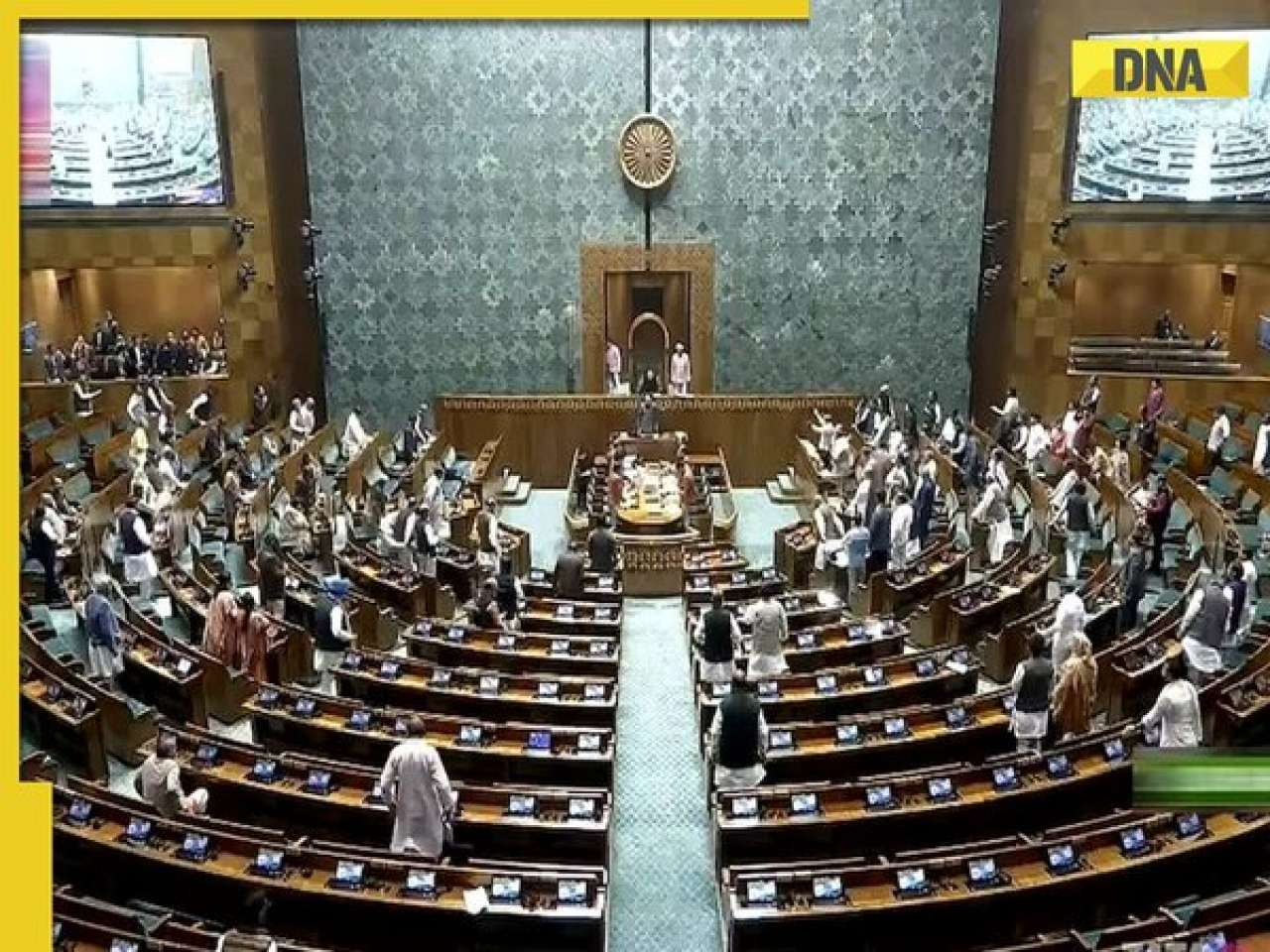
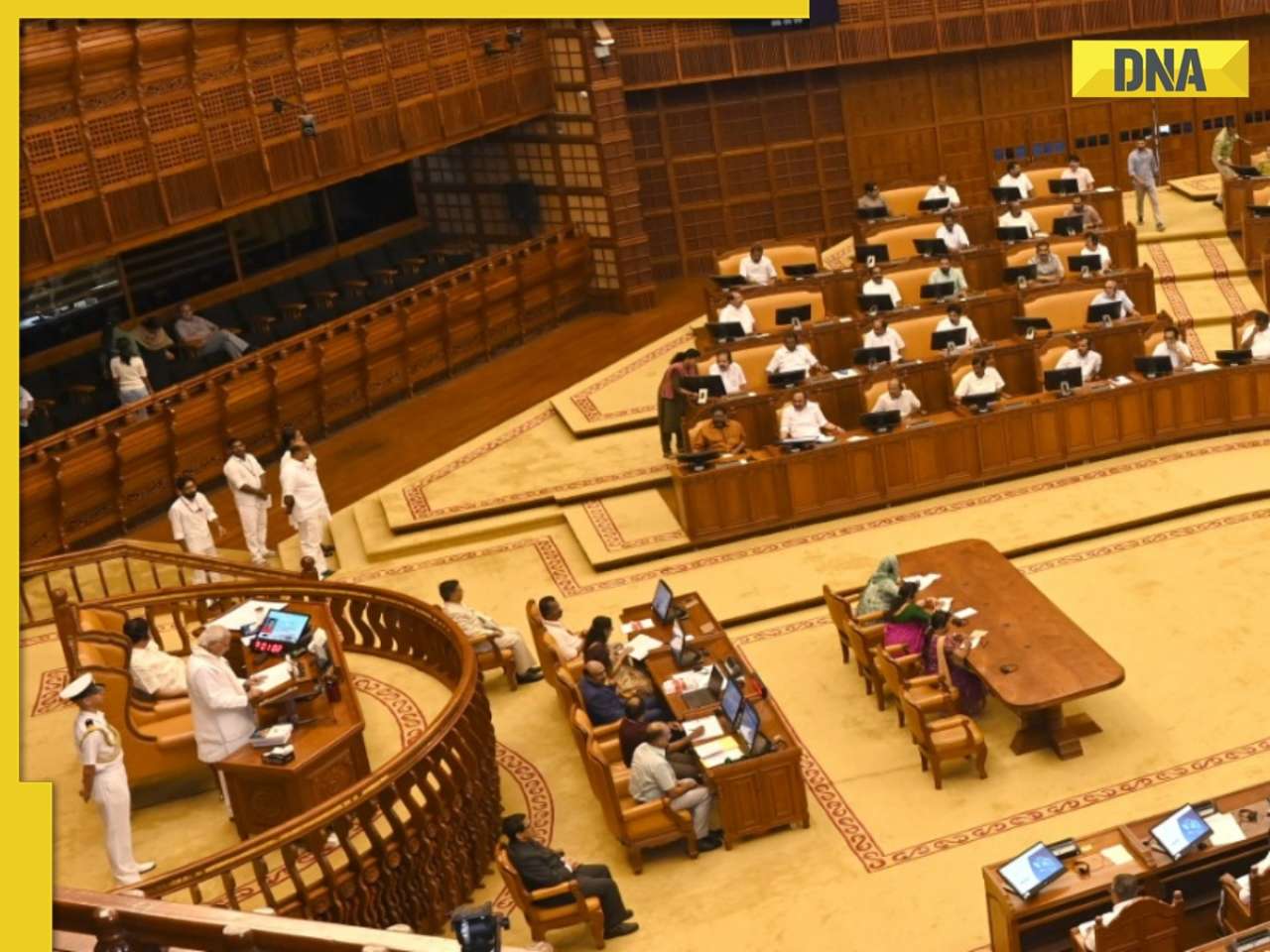



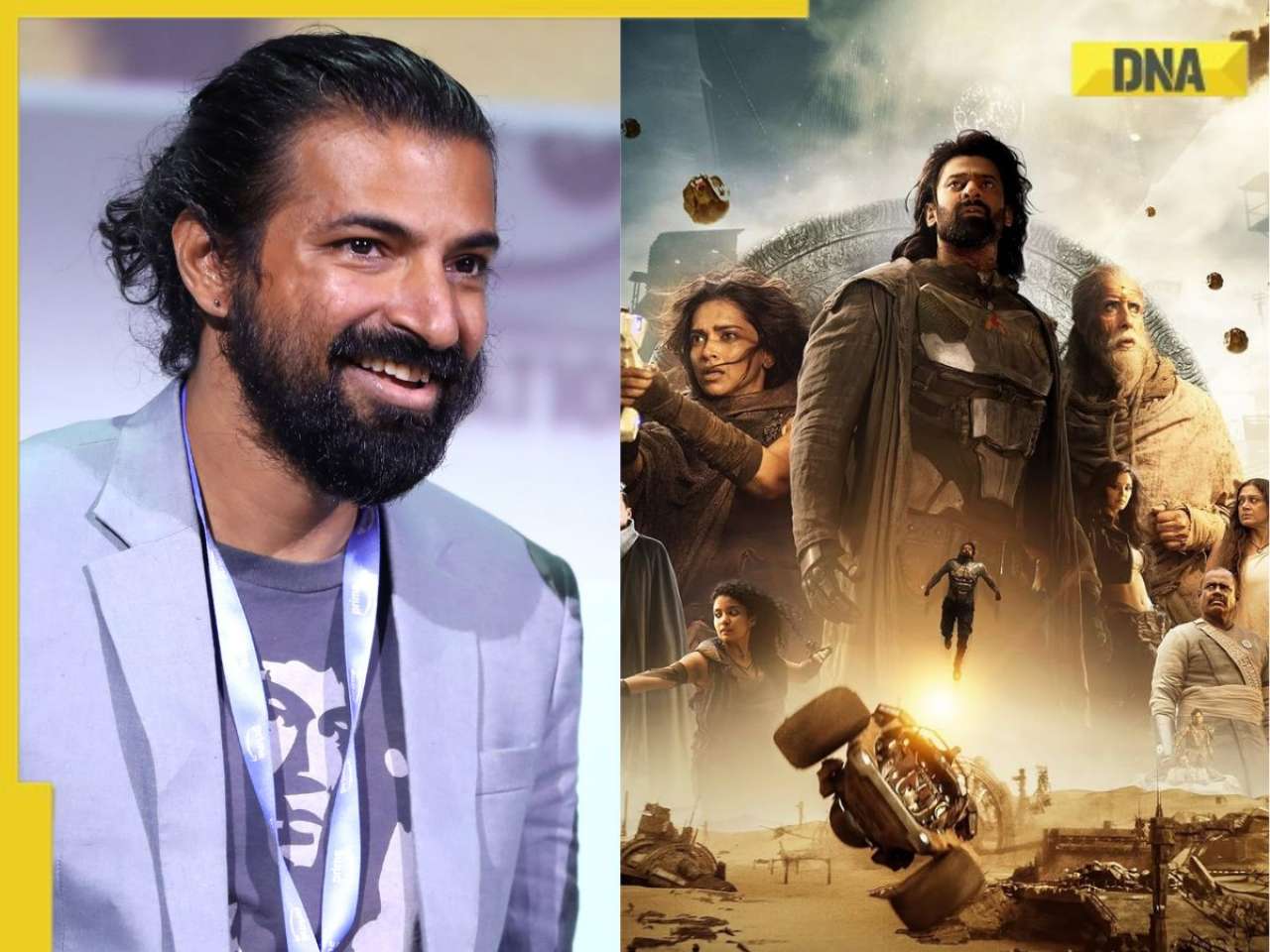
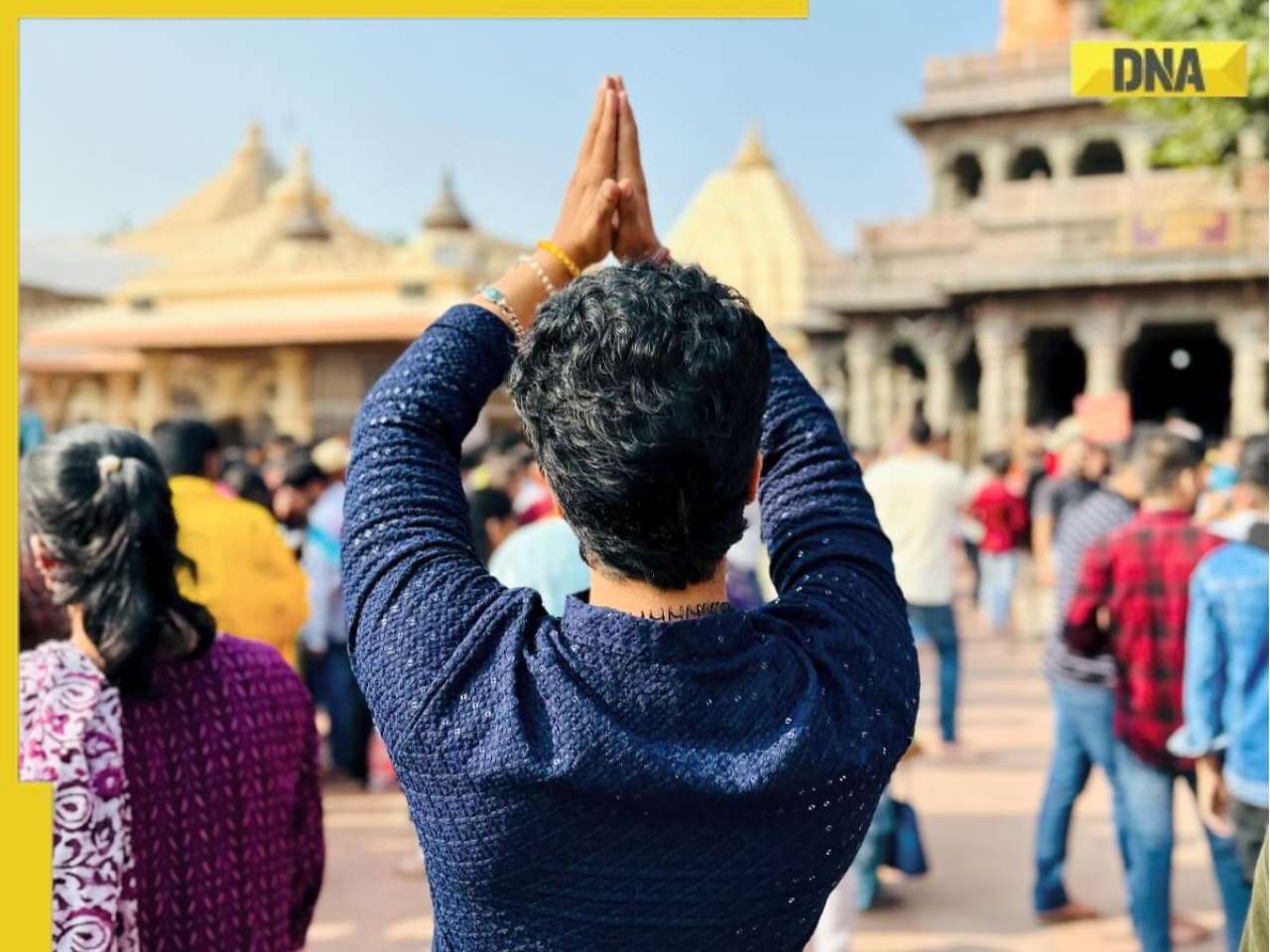
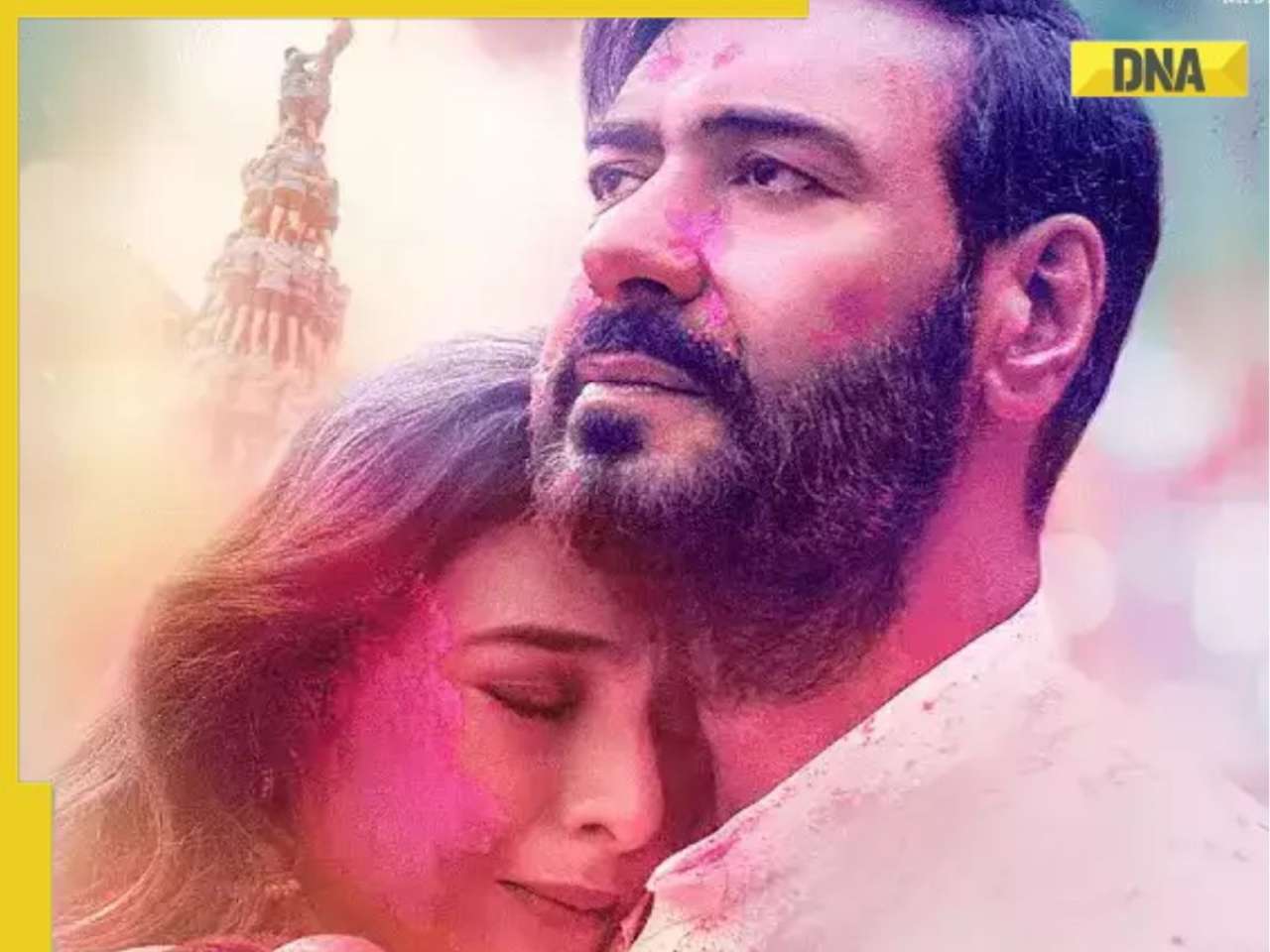


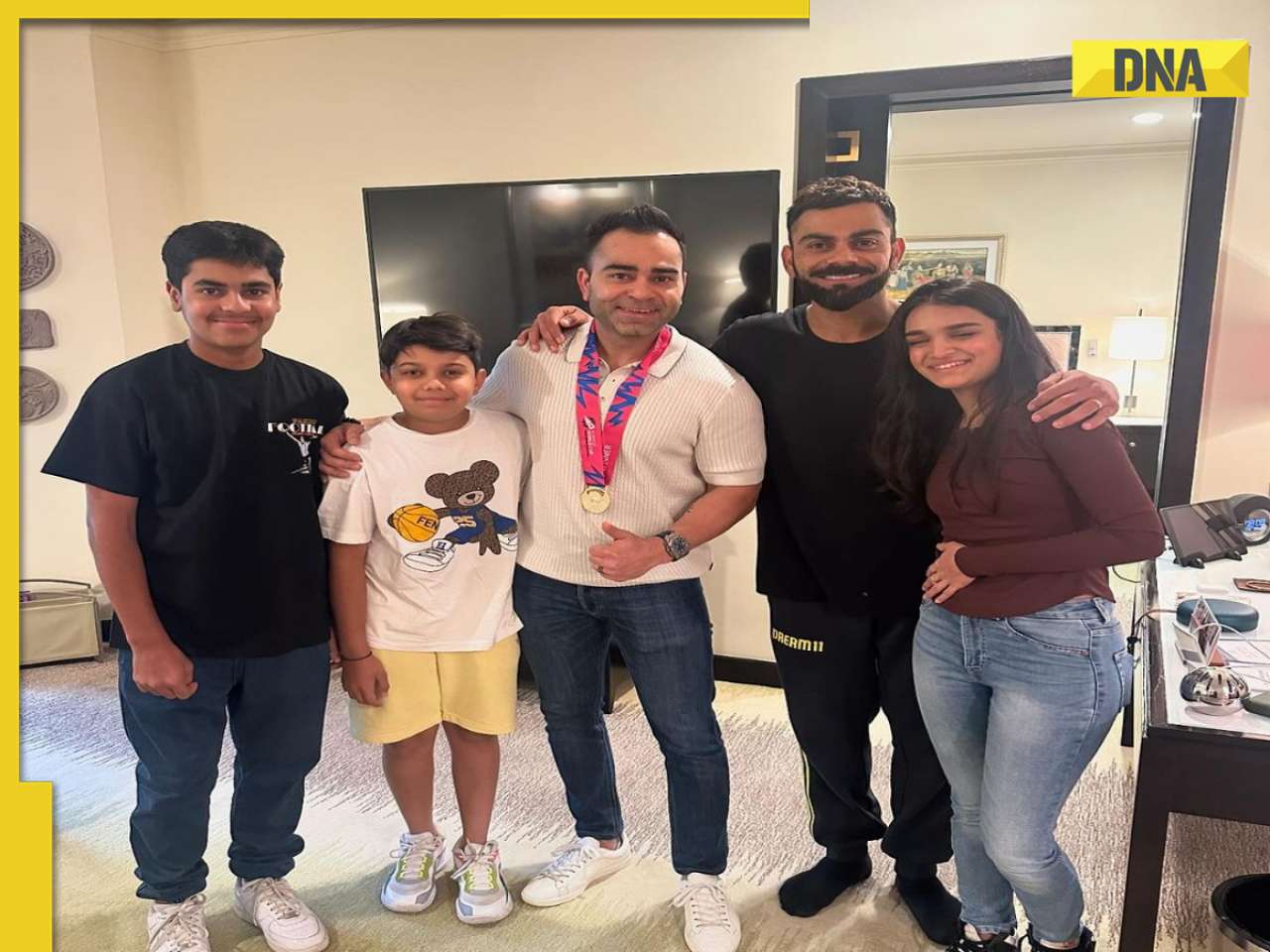

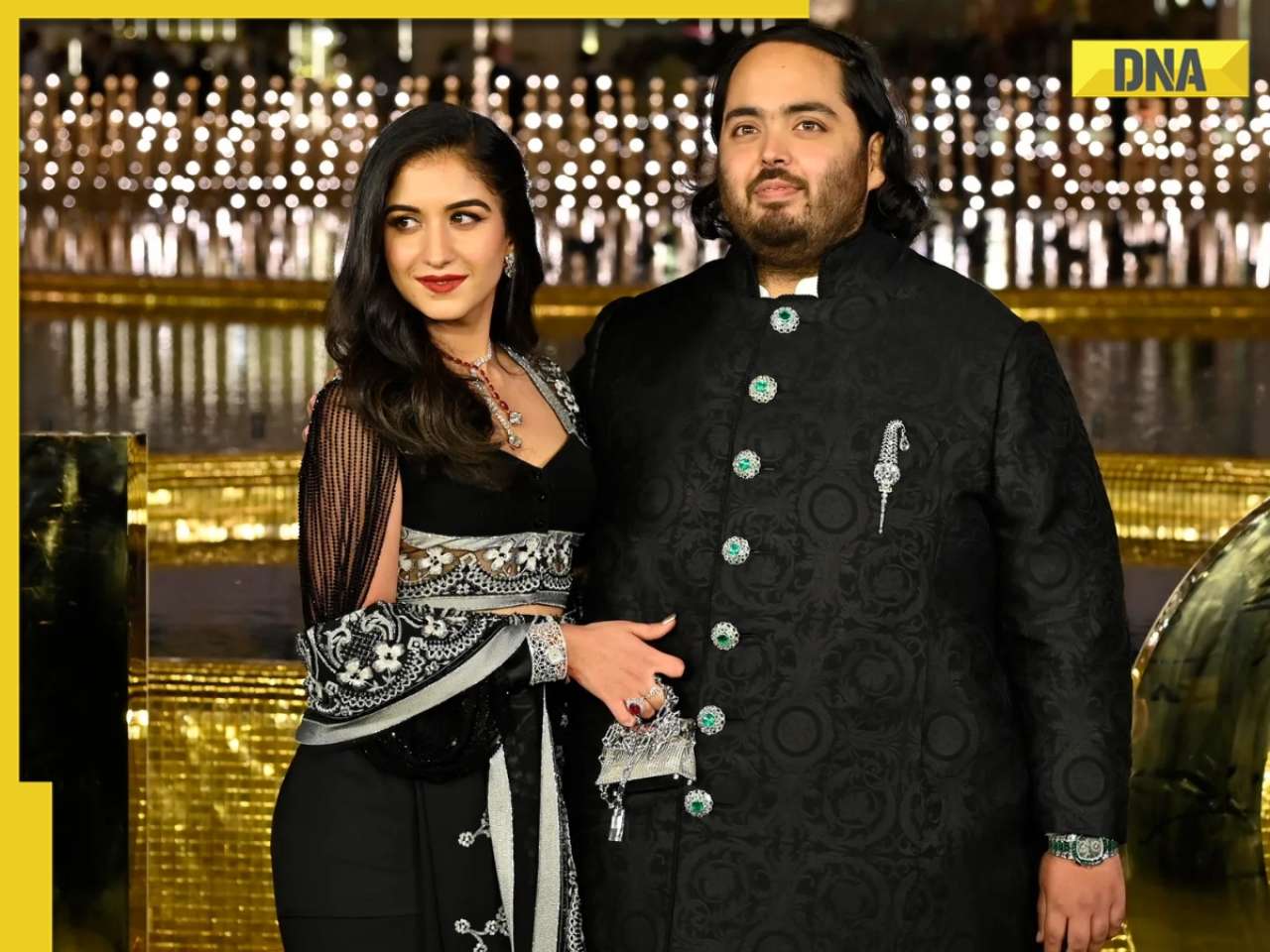
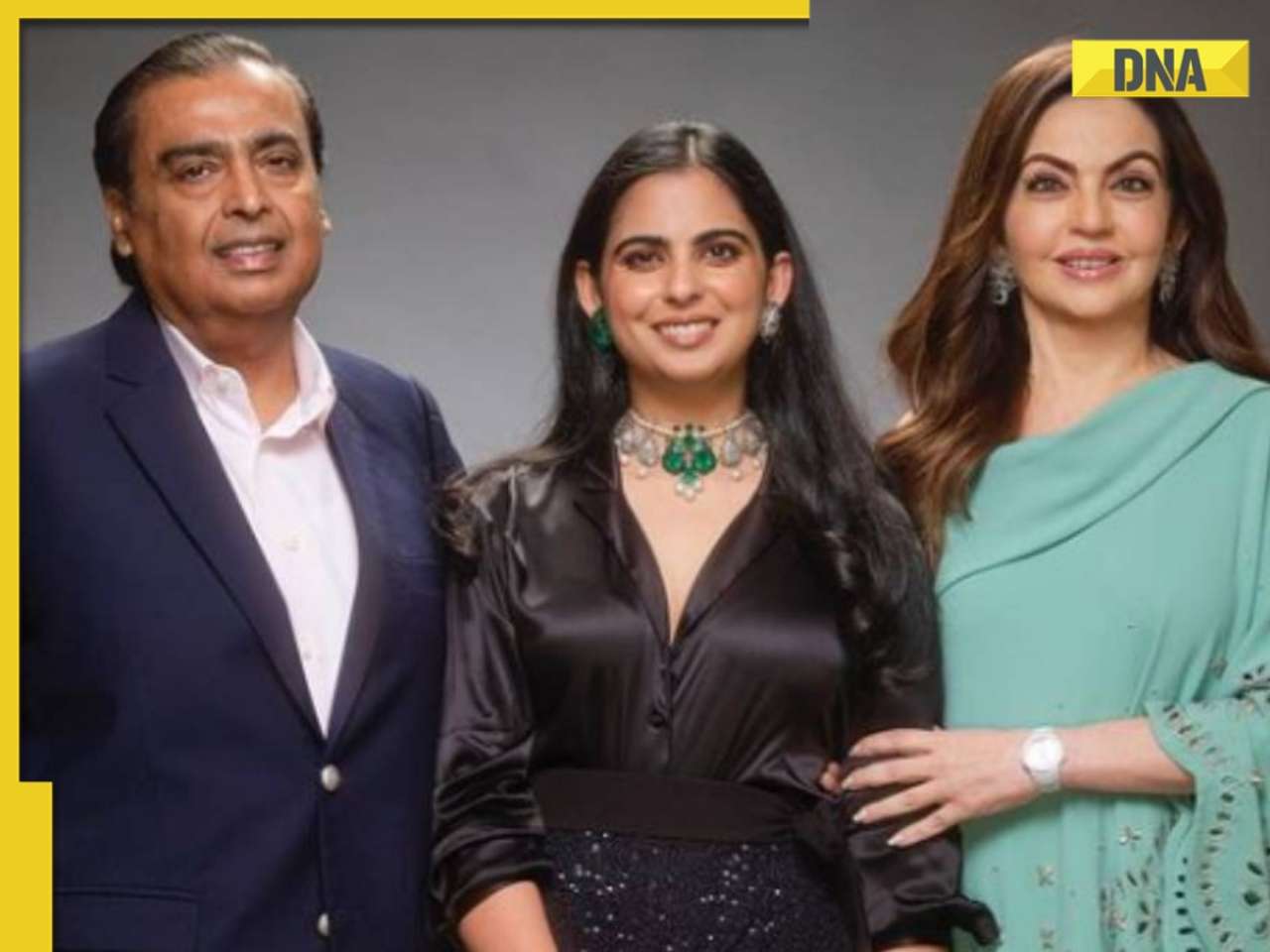

)
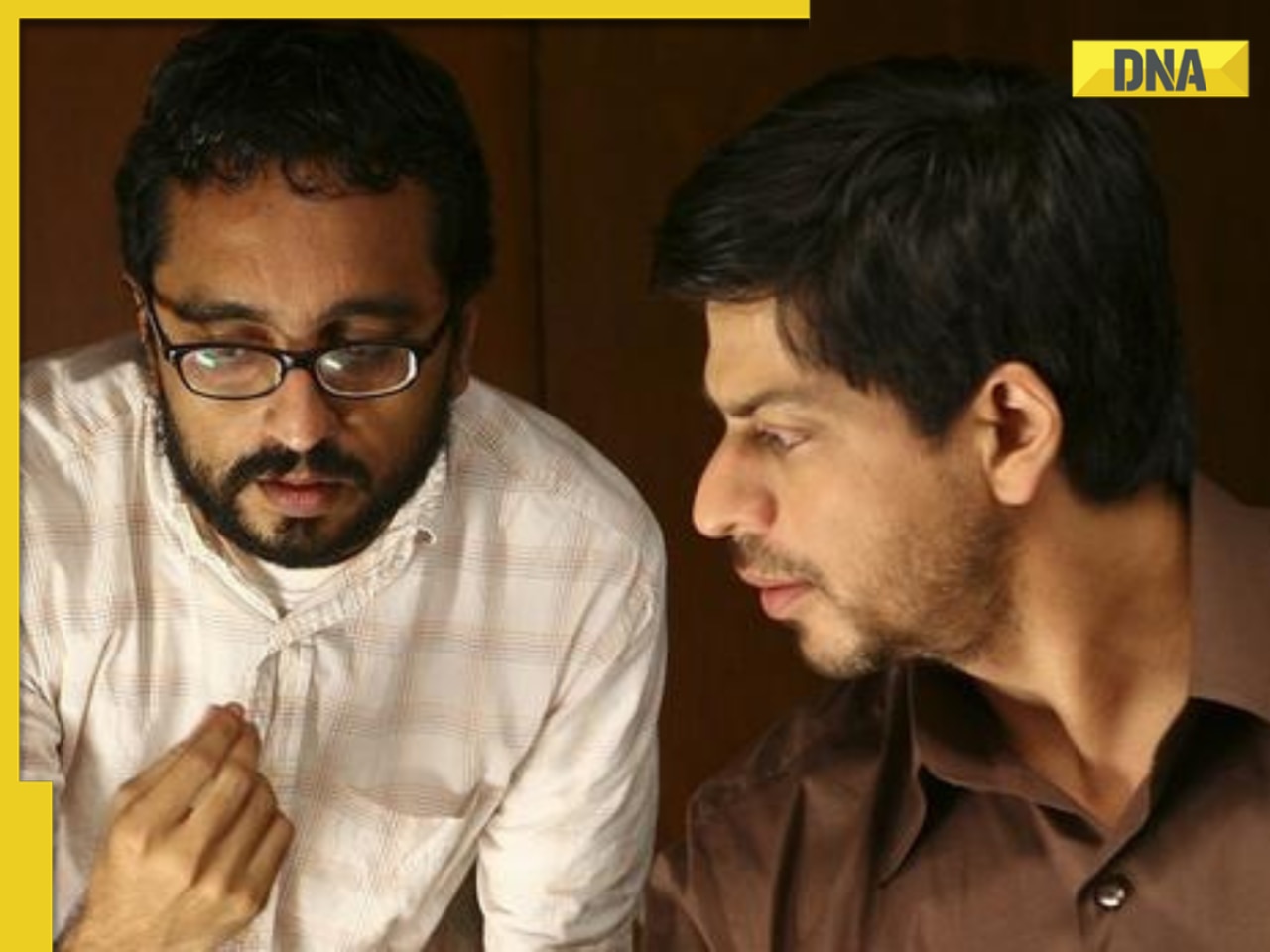
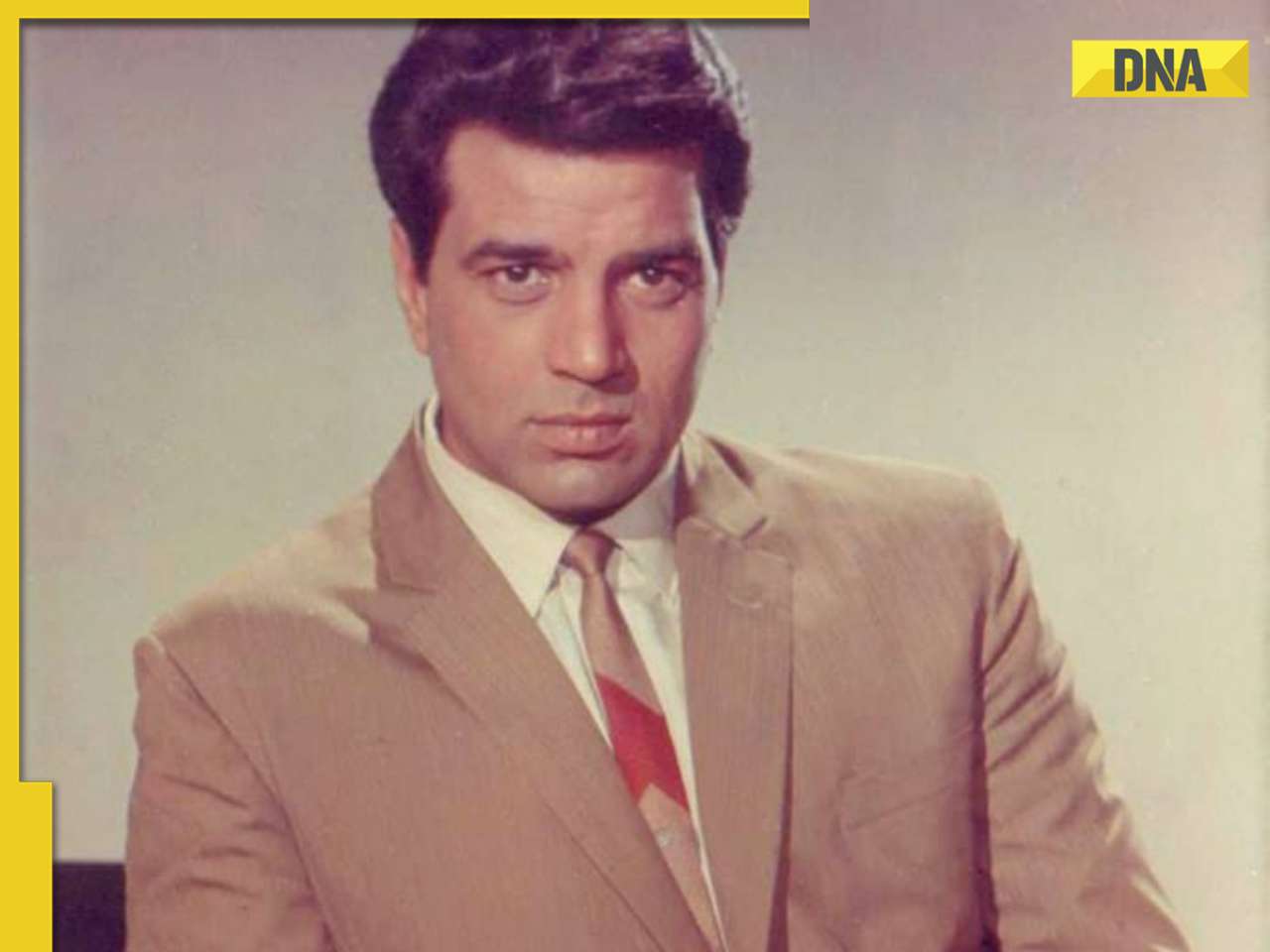
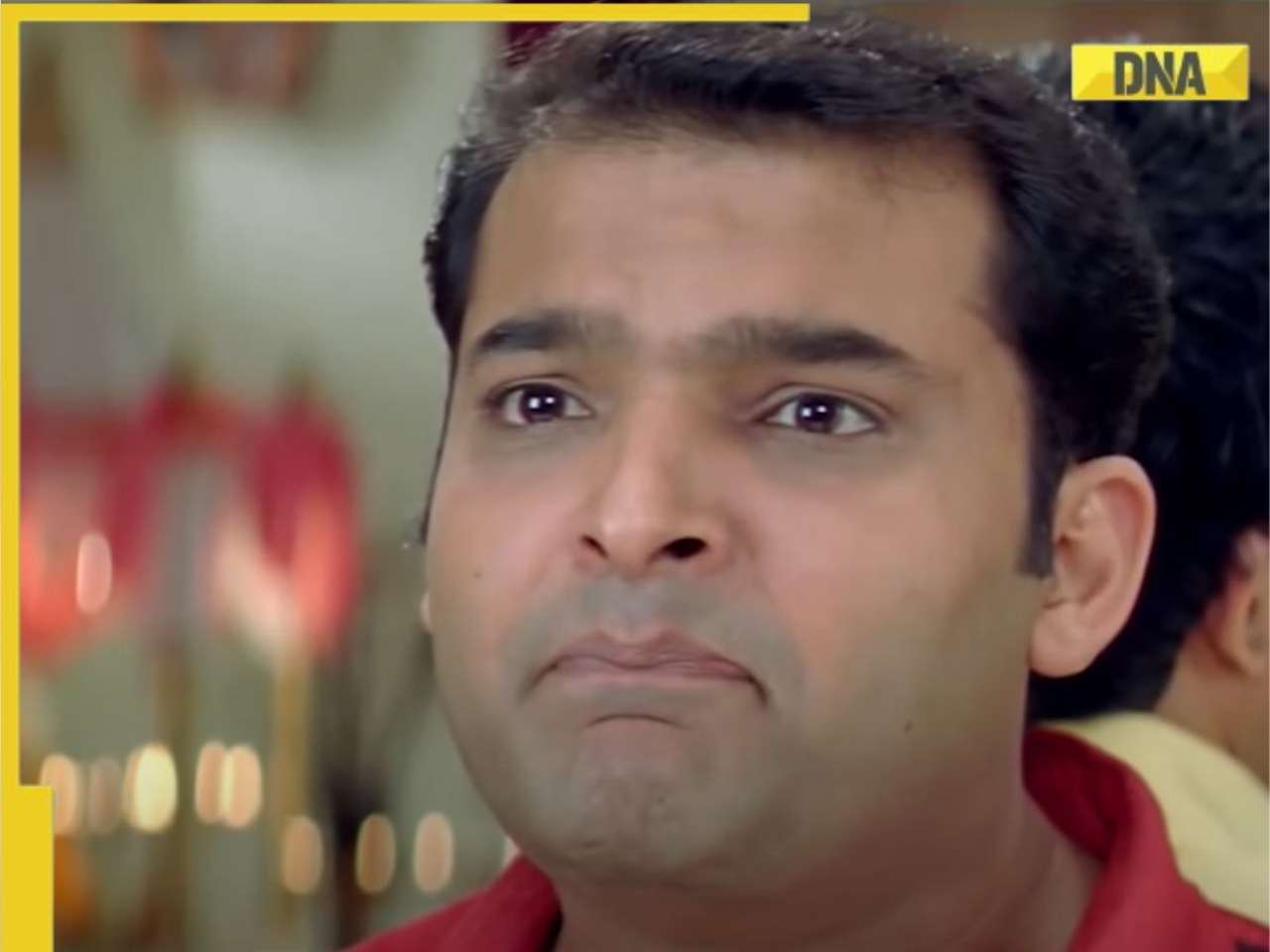
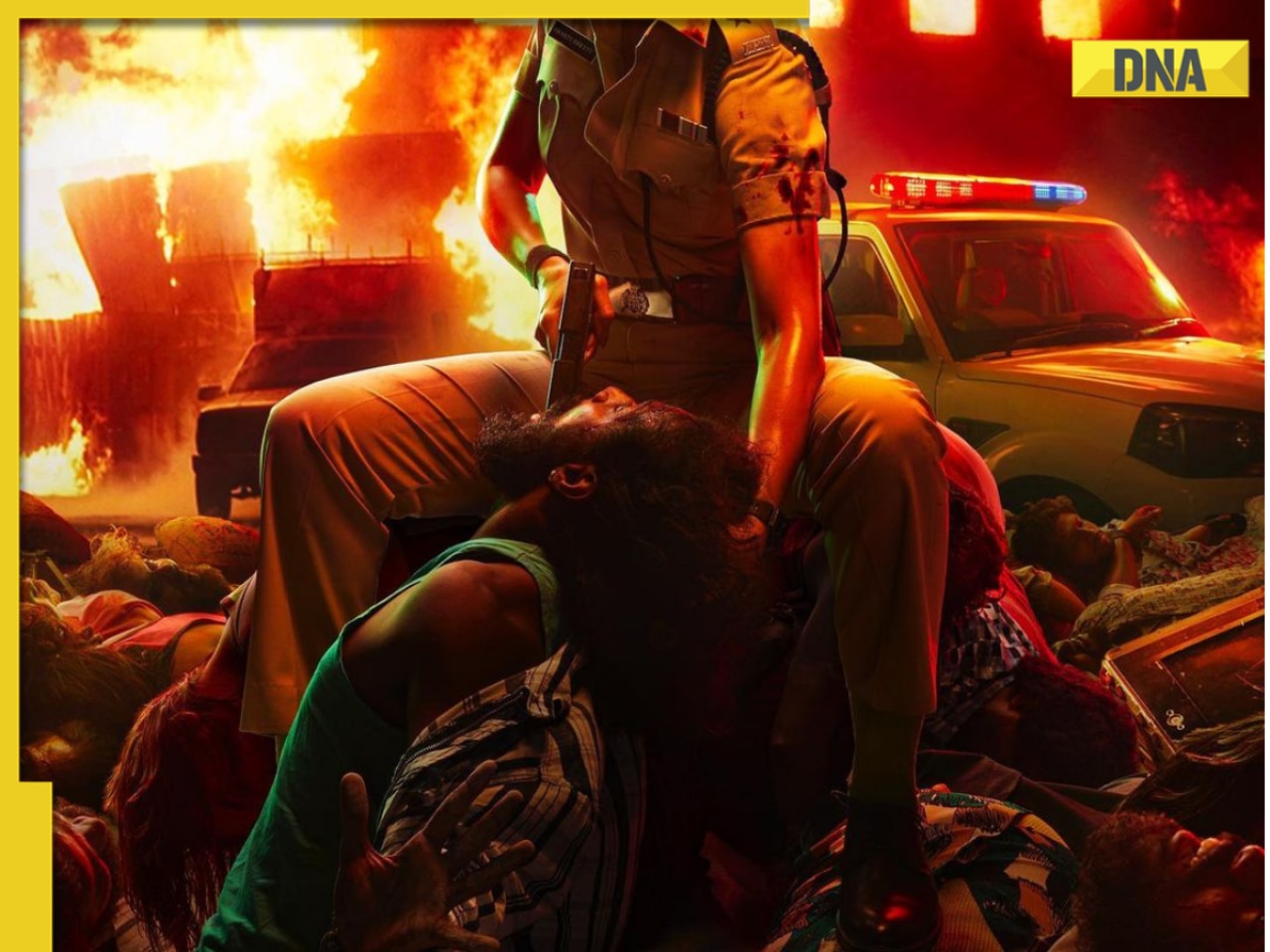

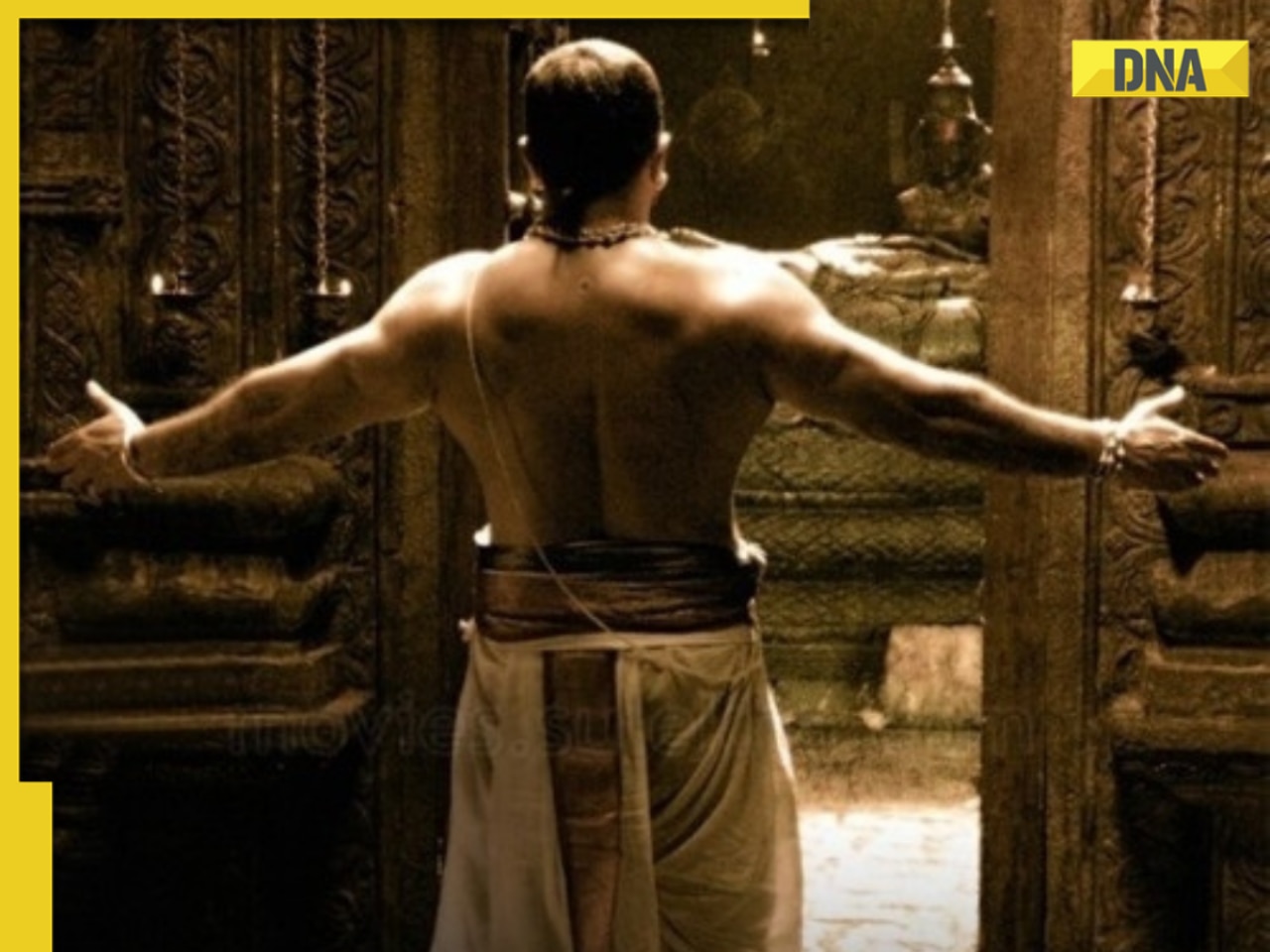
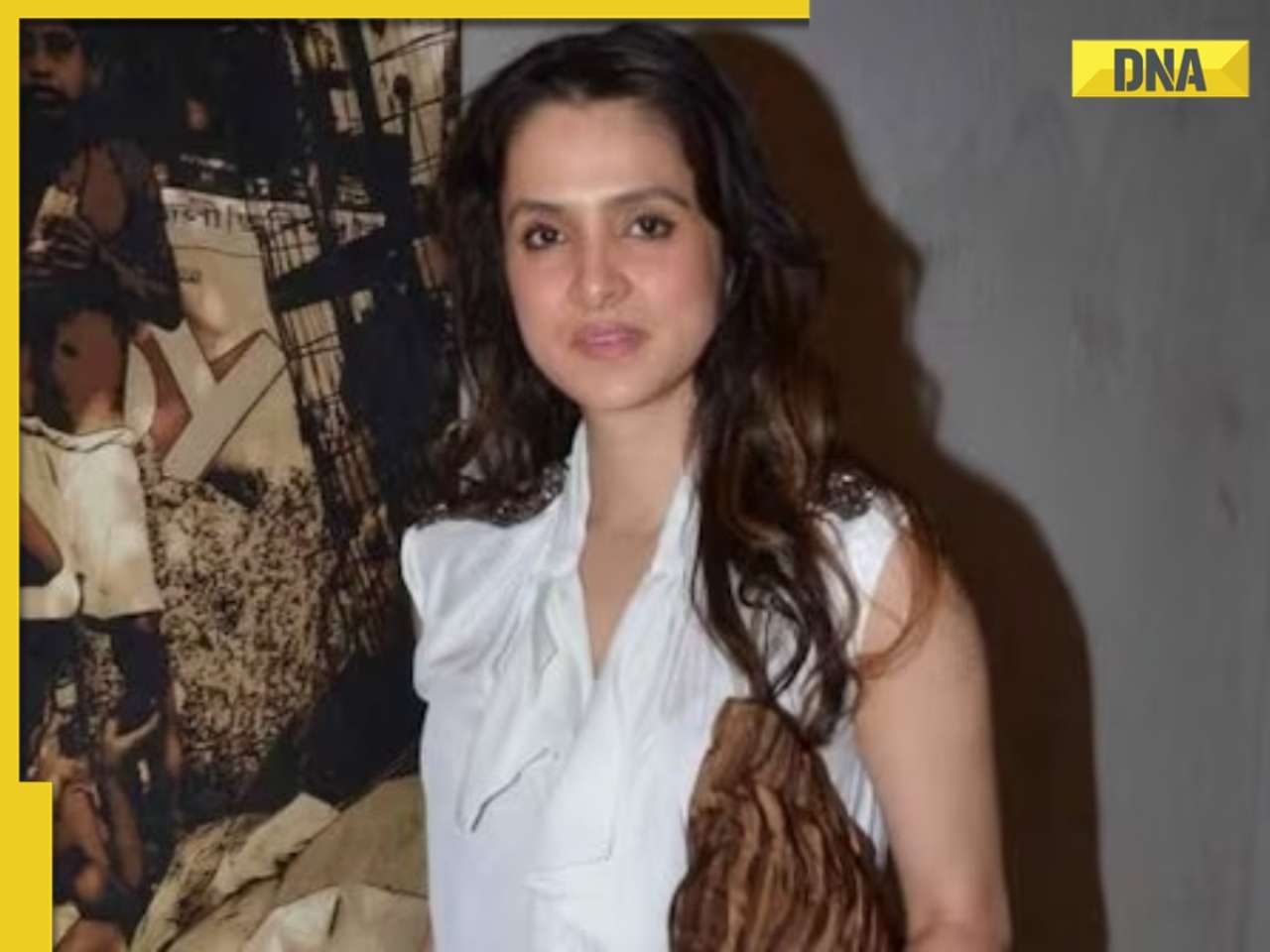
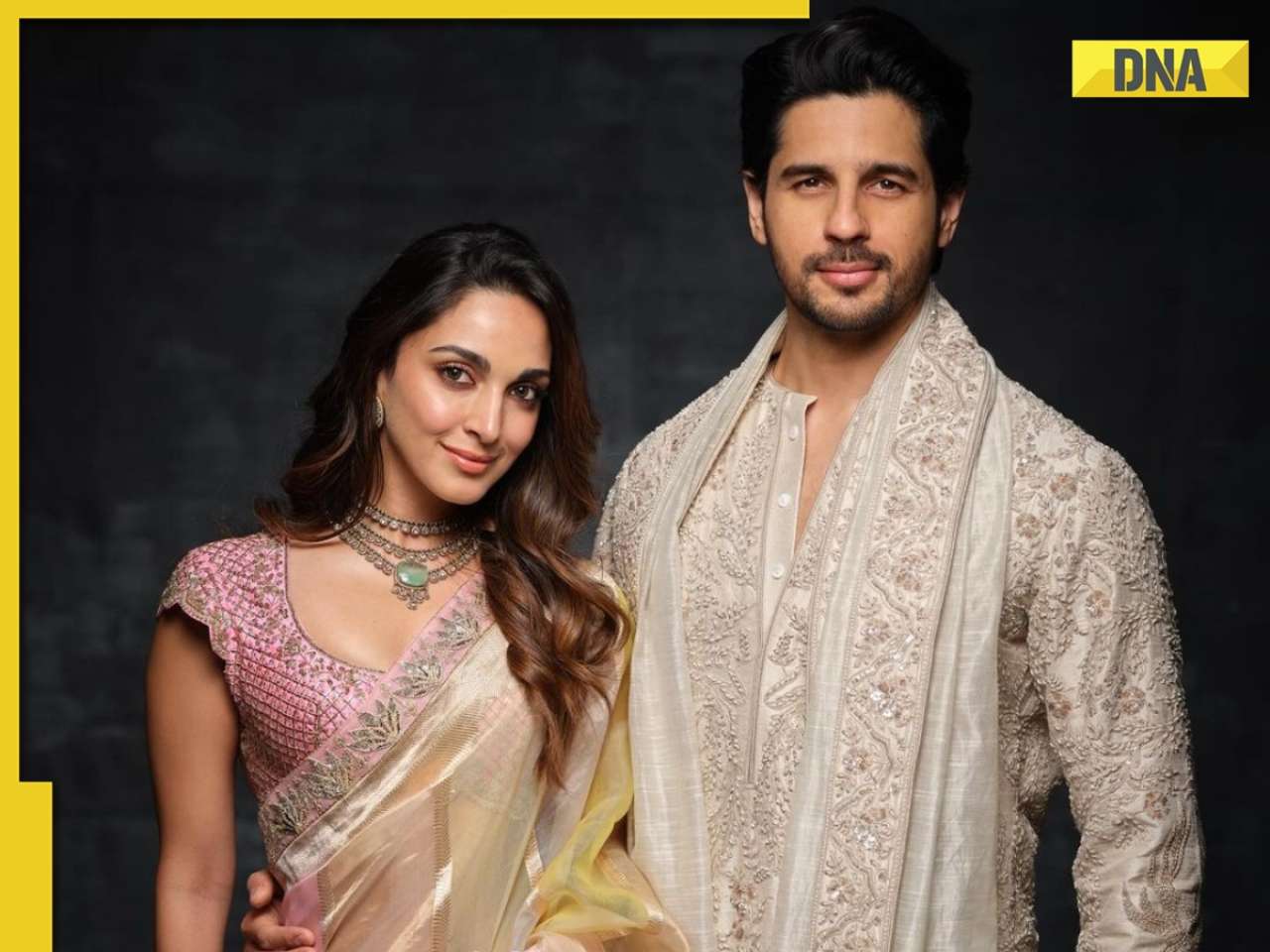
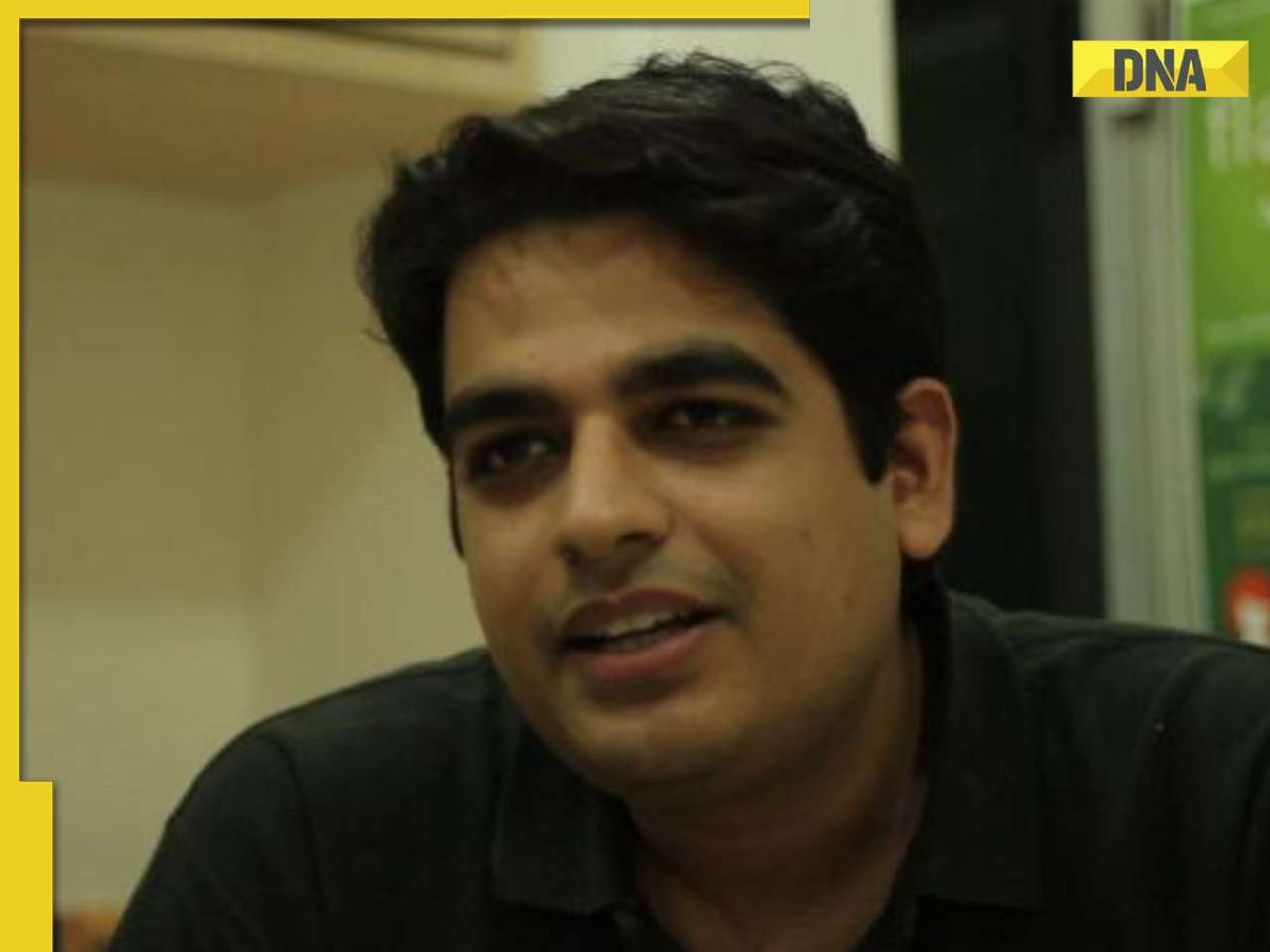
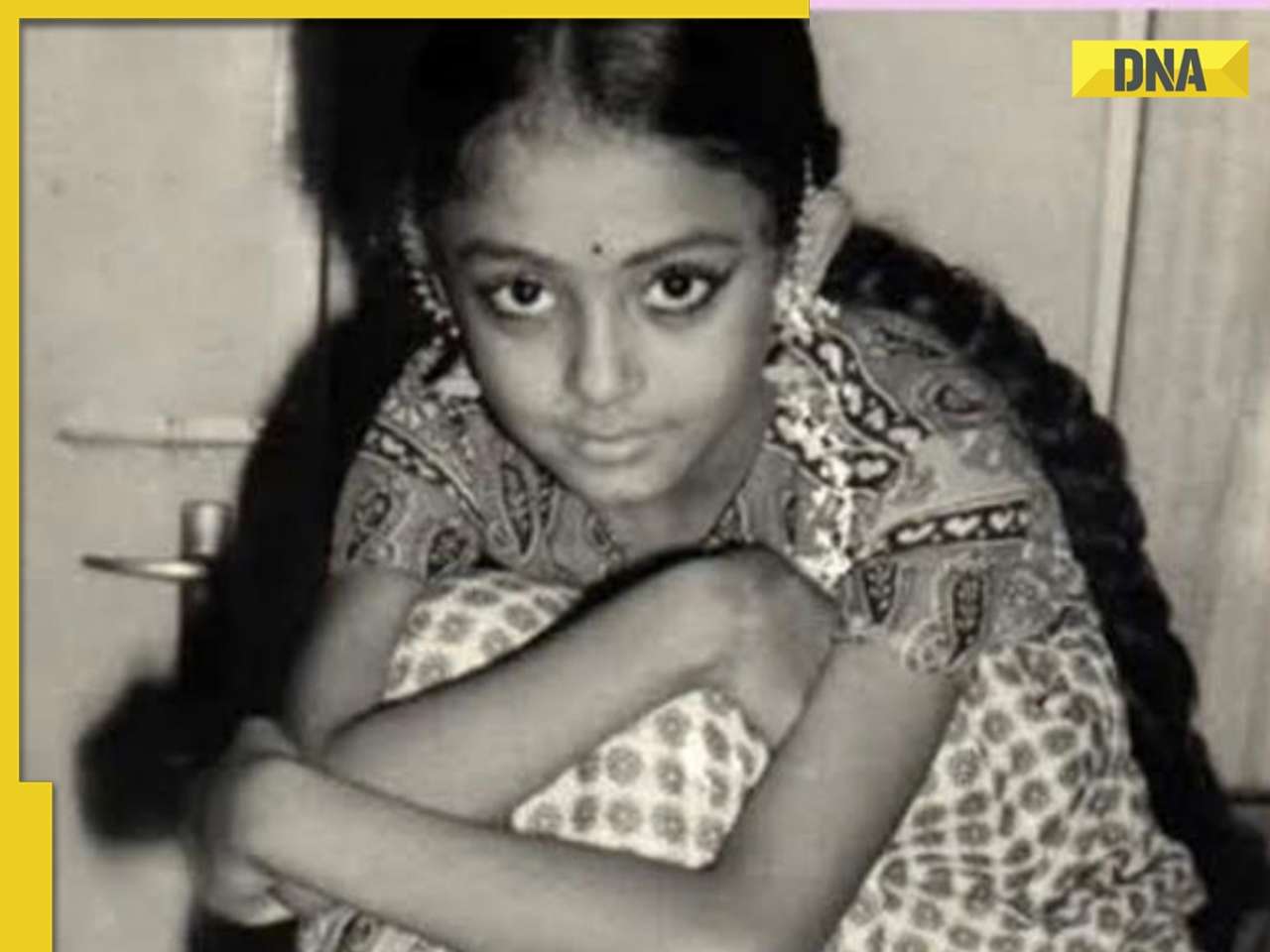
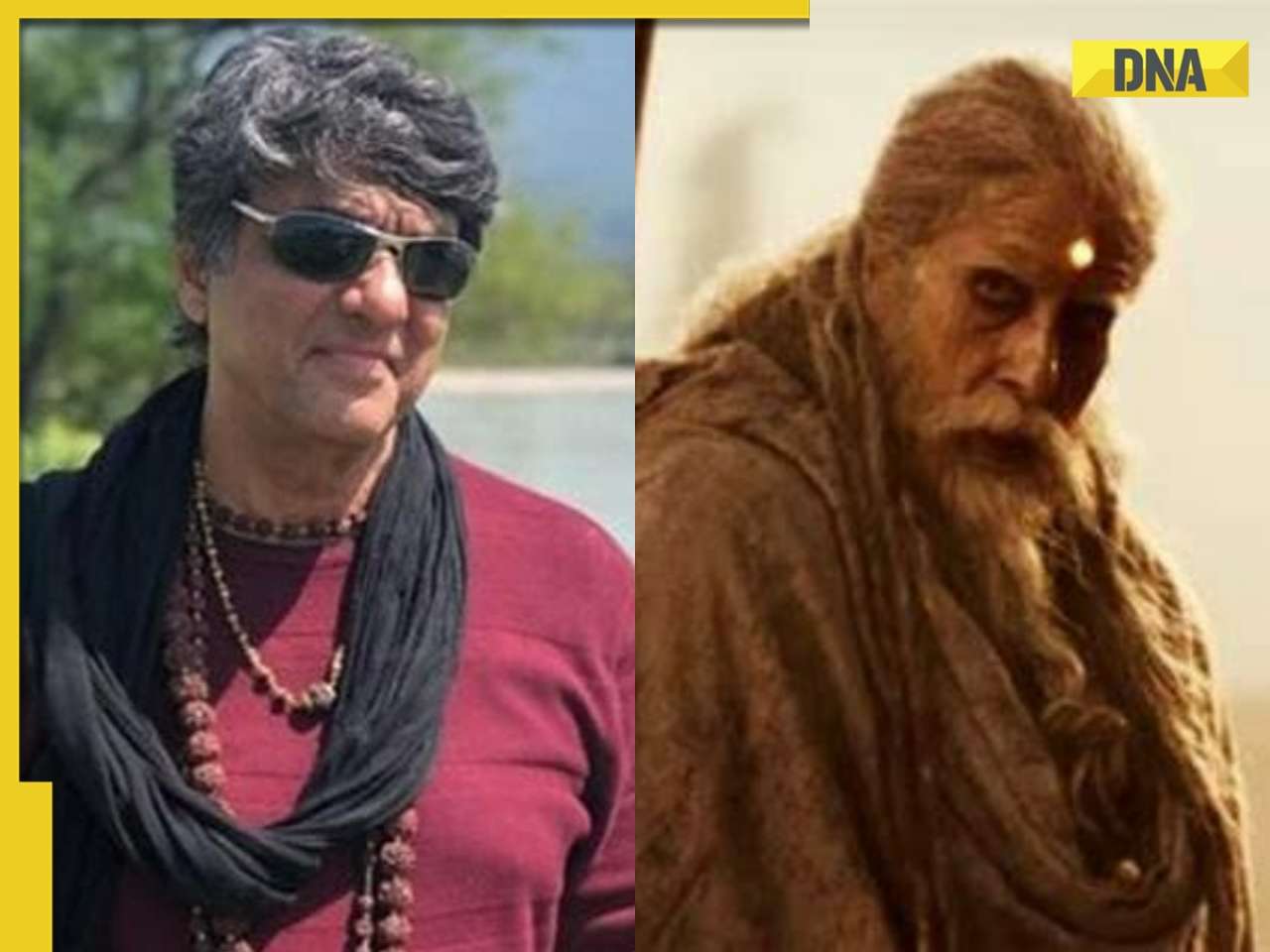
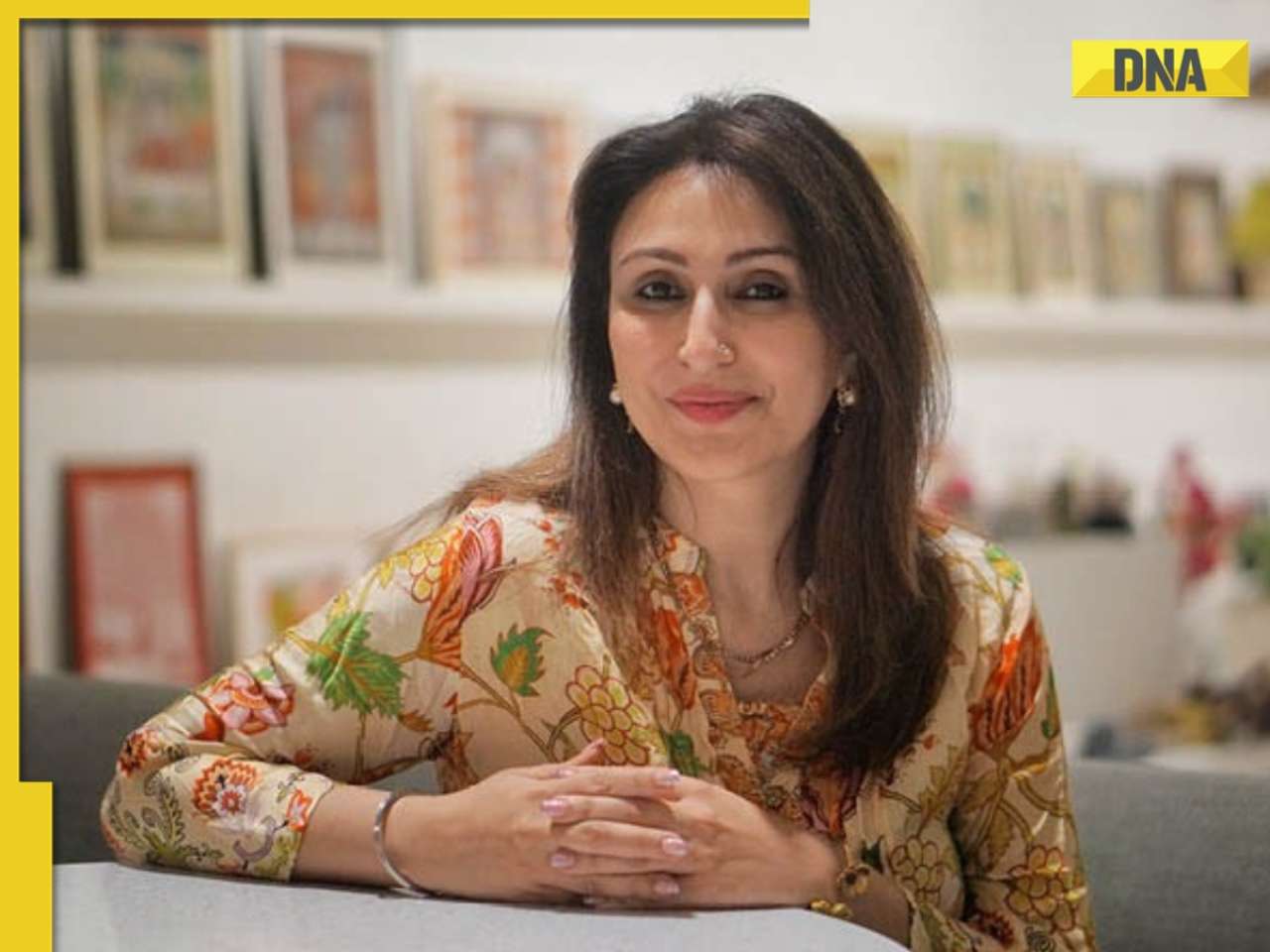
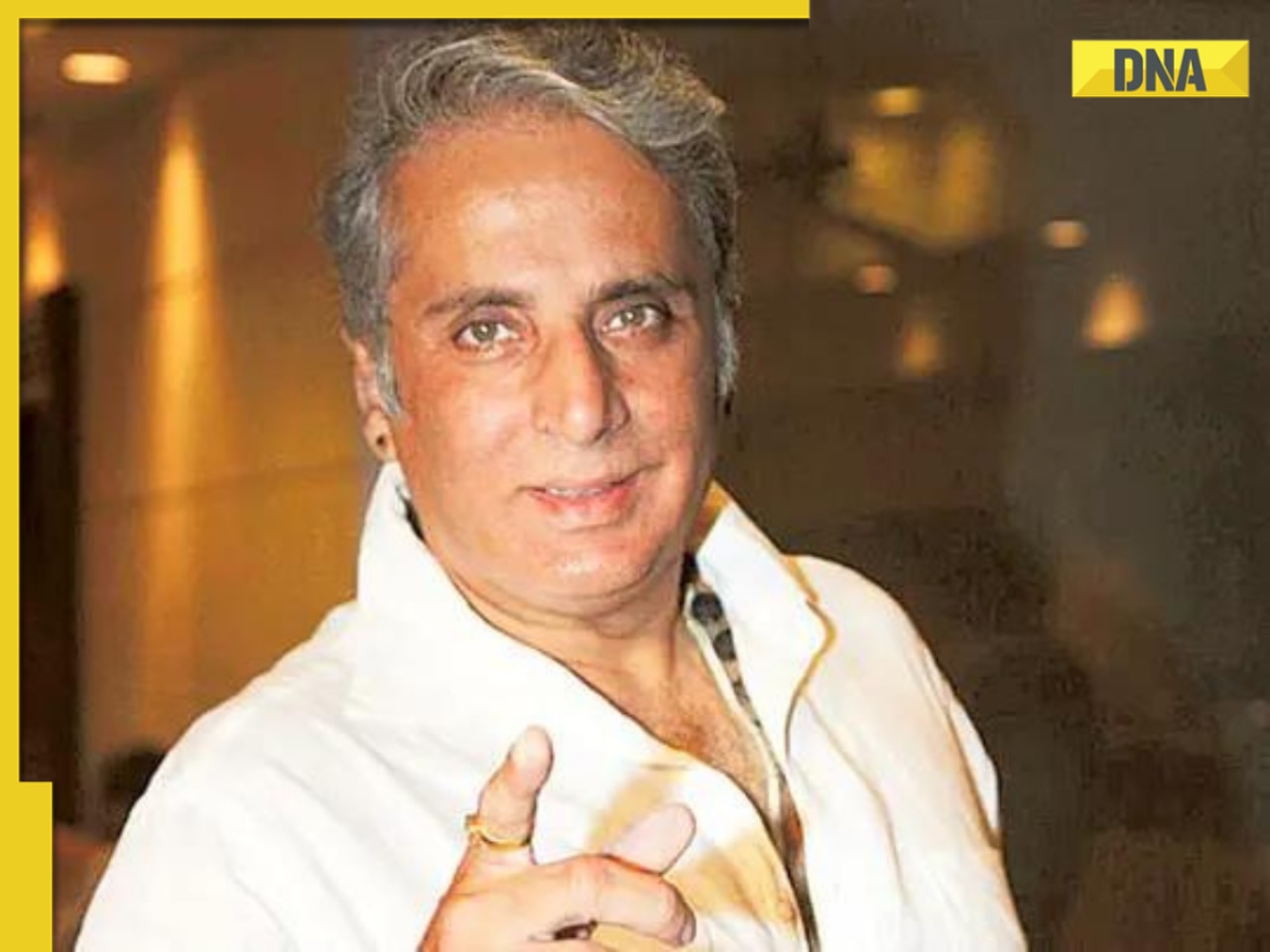
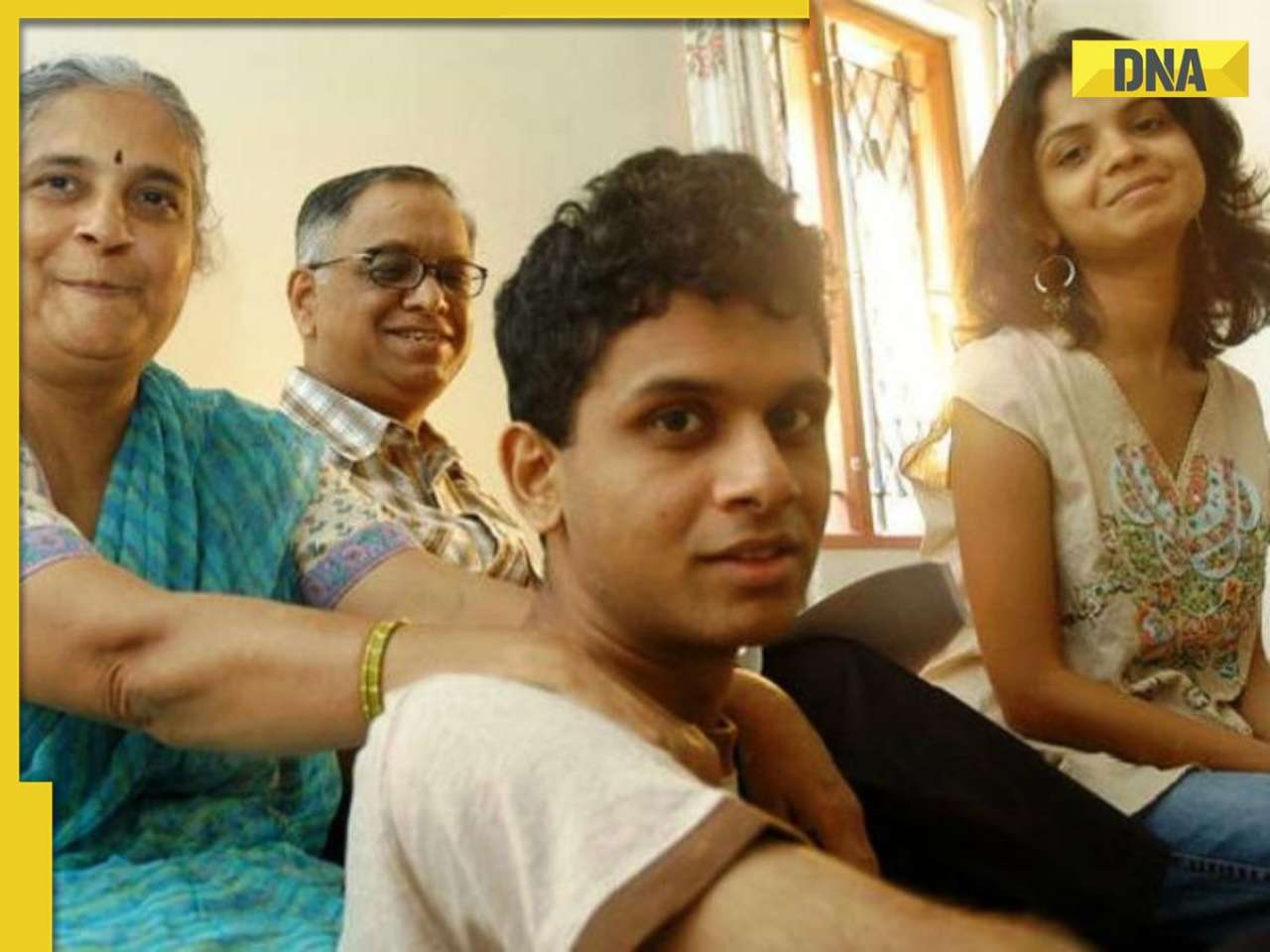




)
)
)
)
)
)